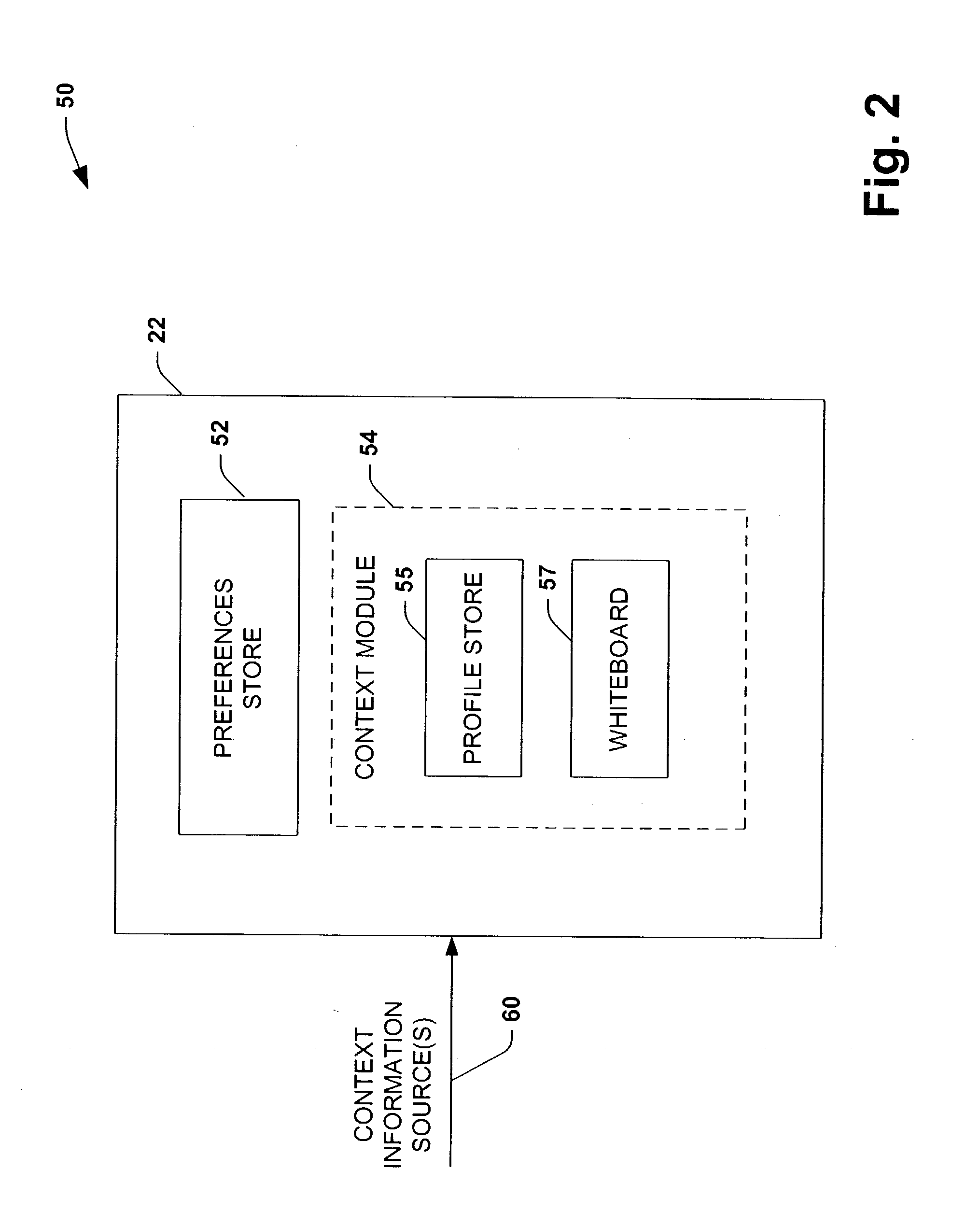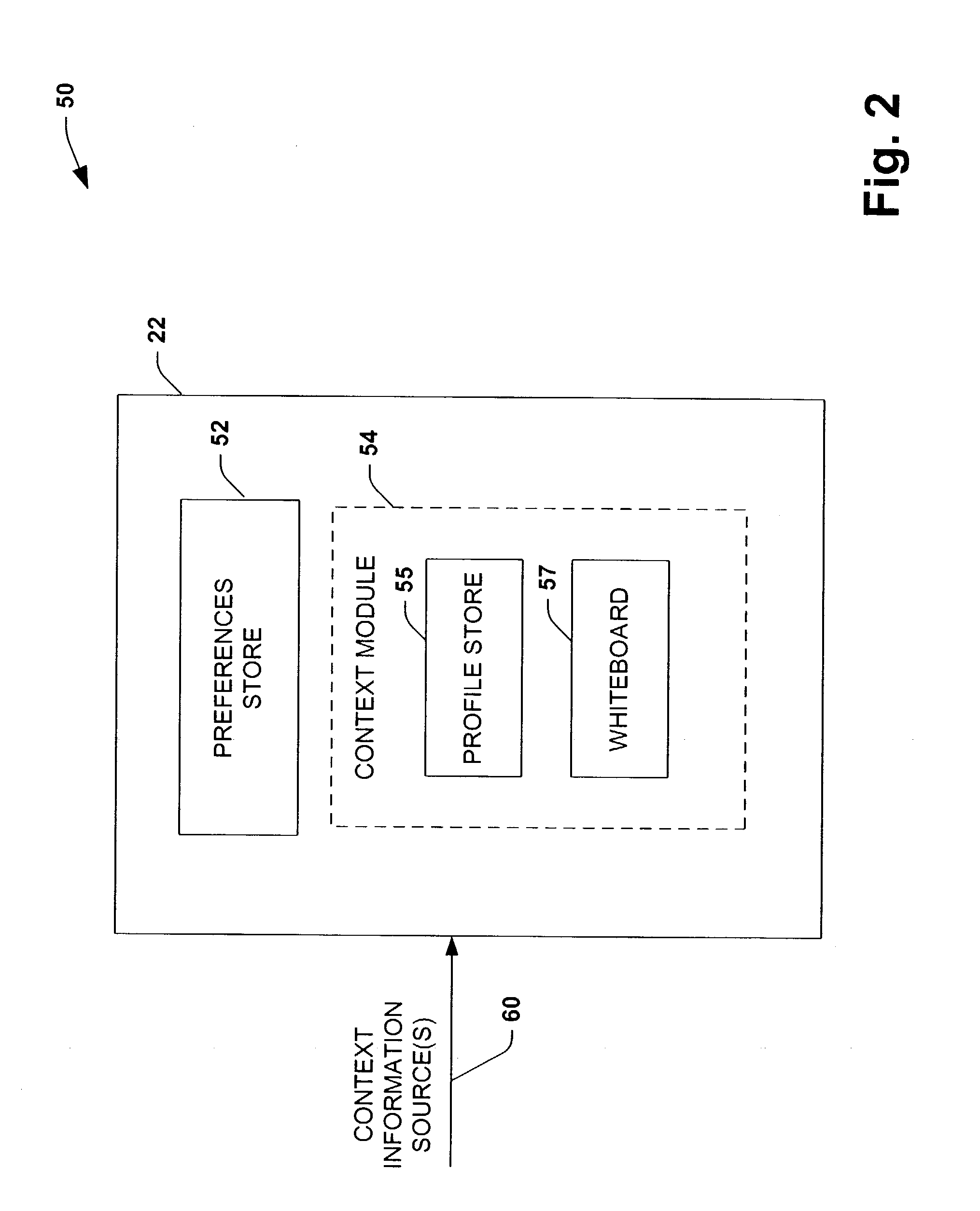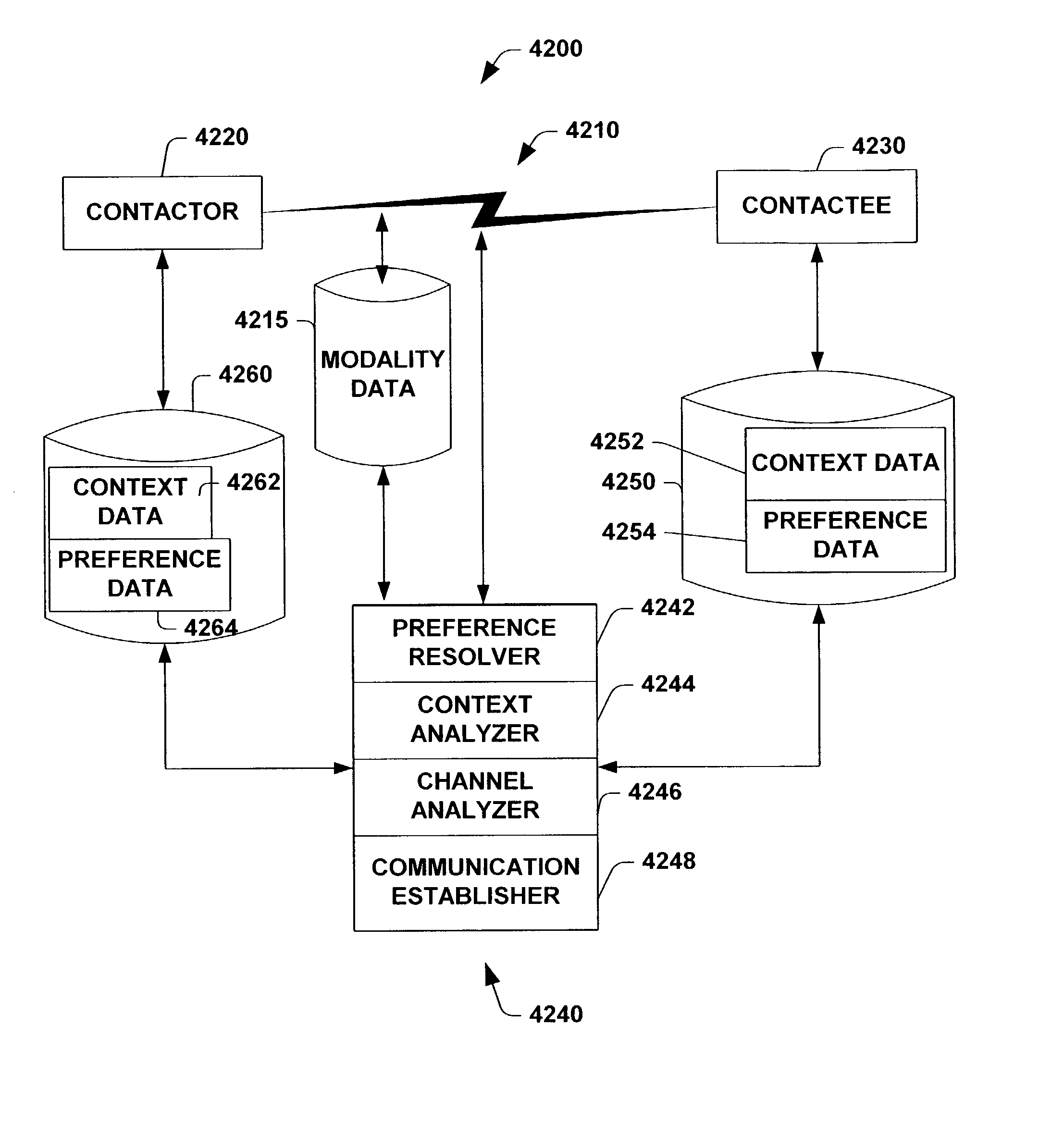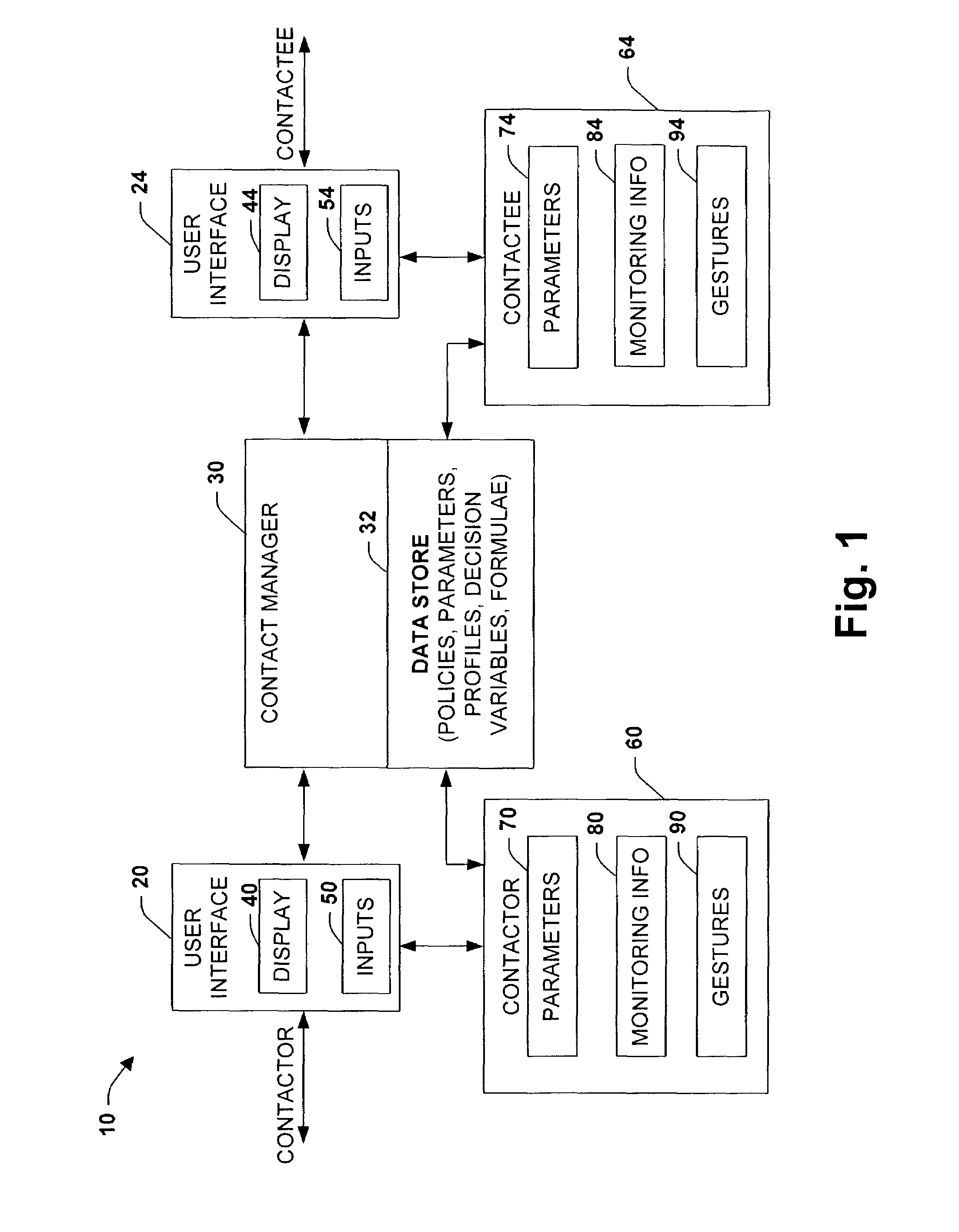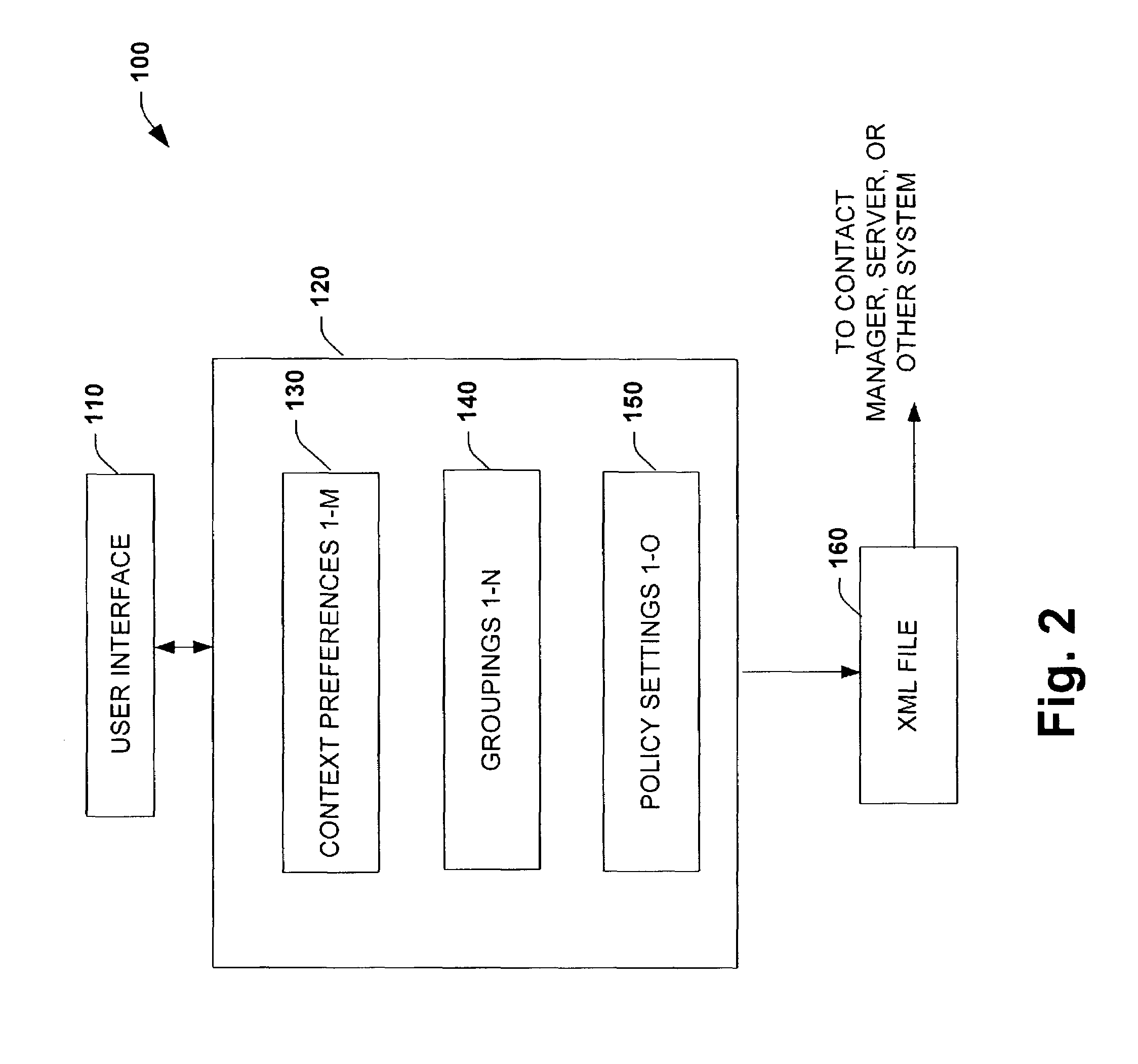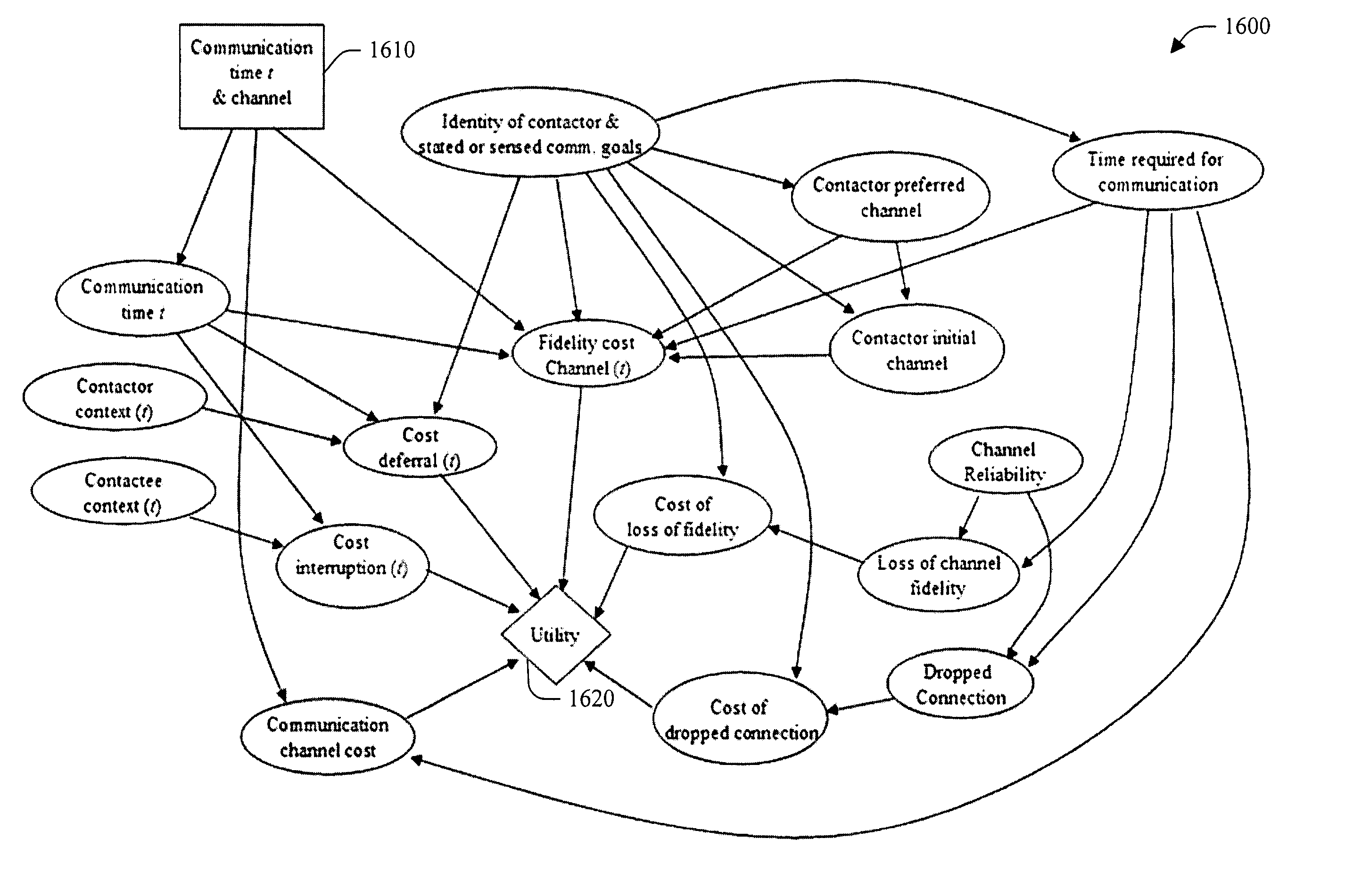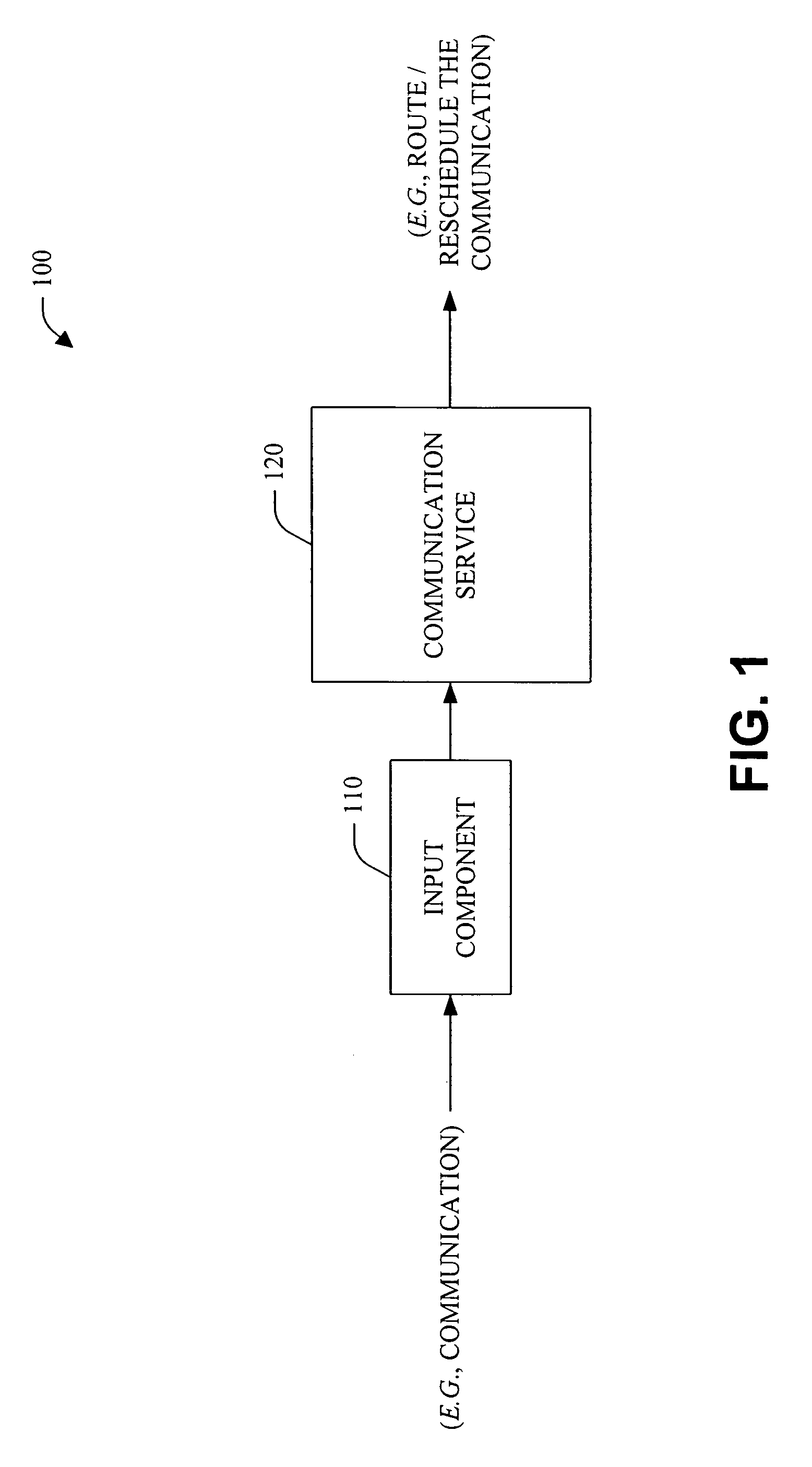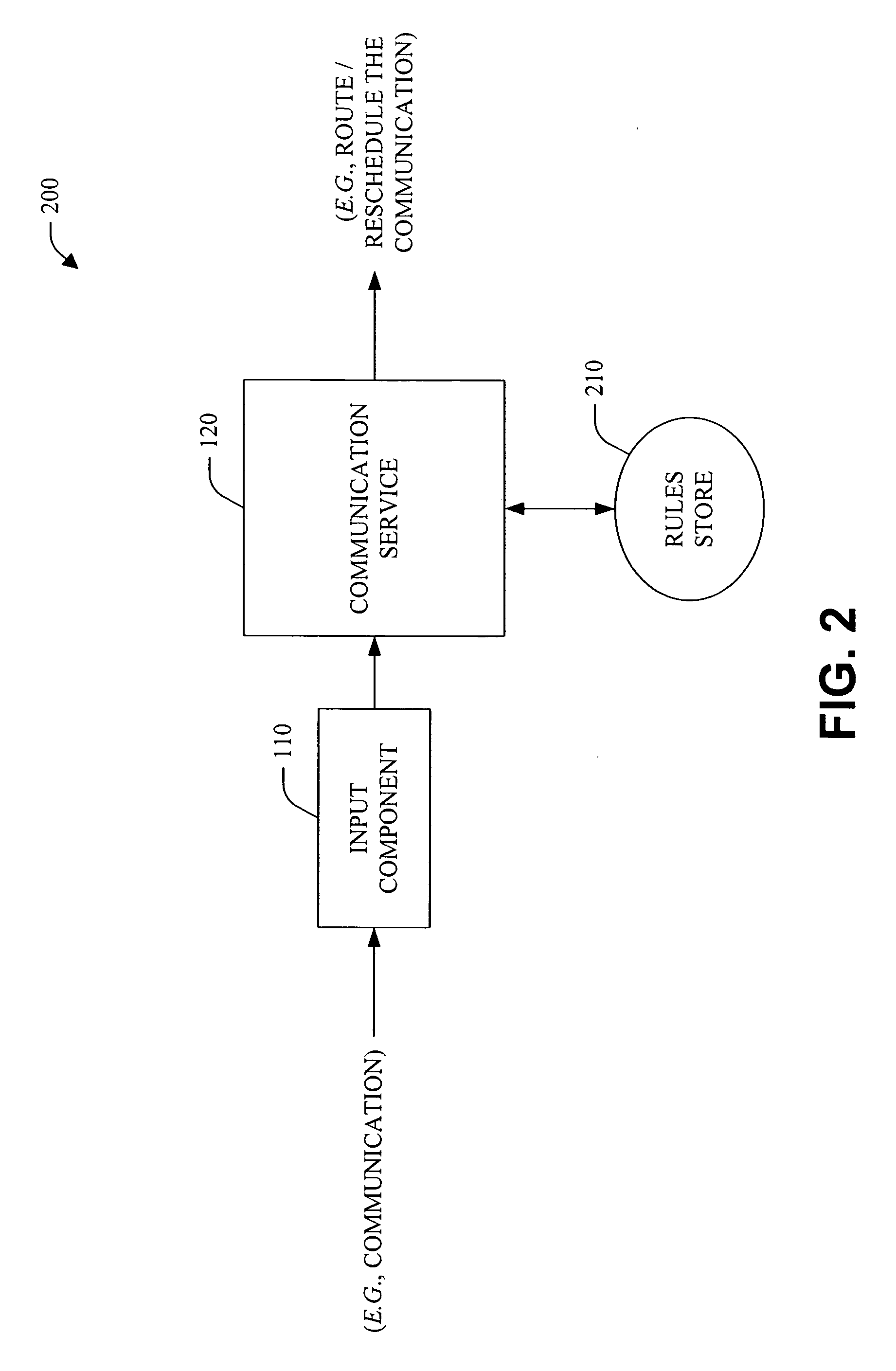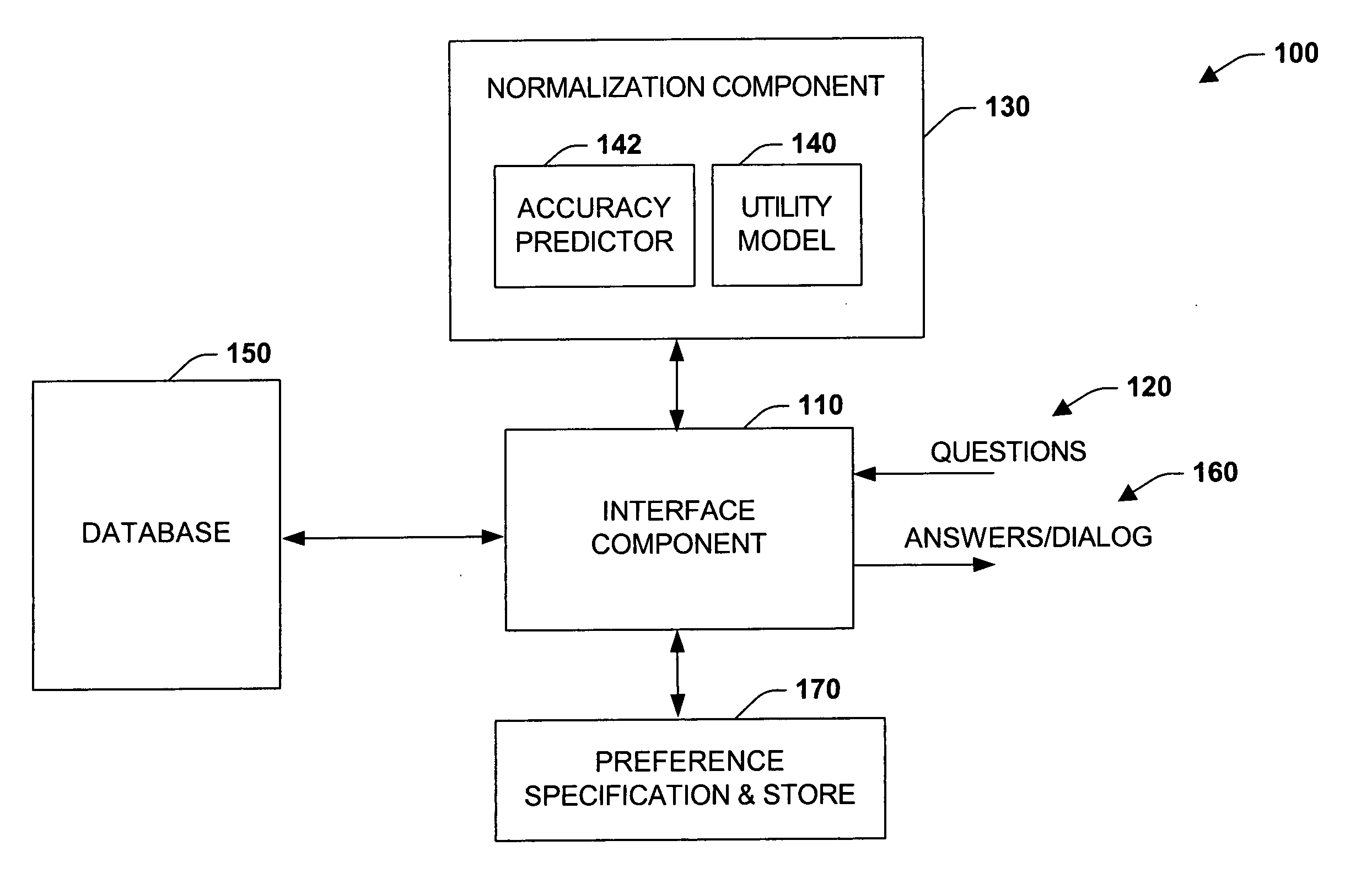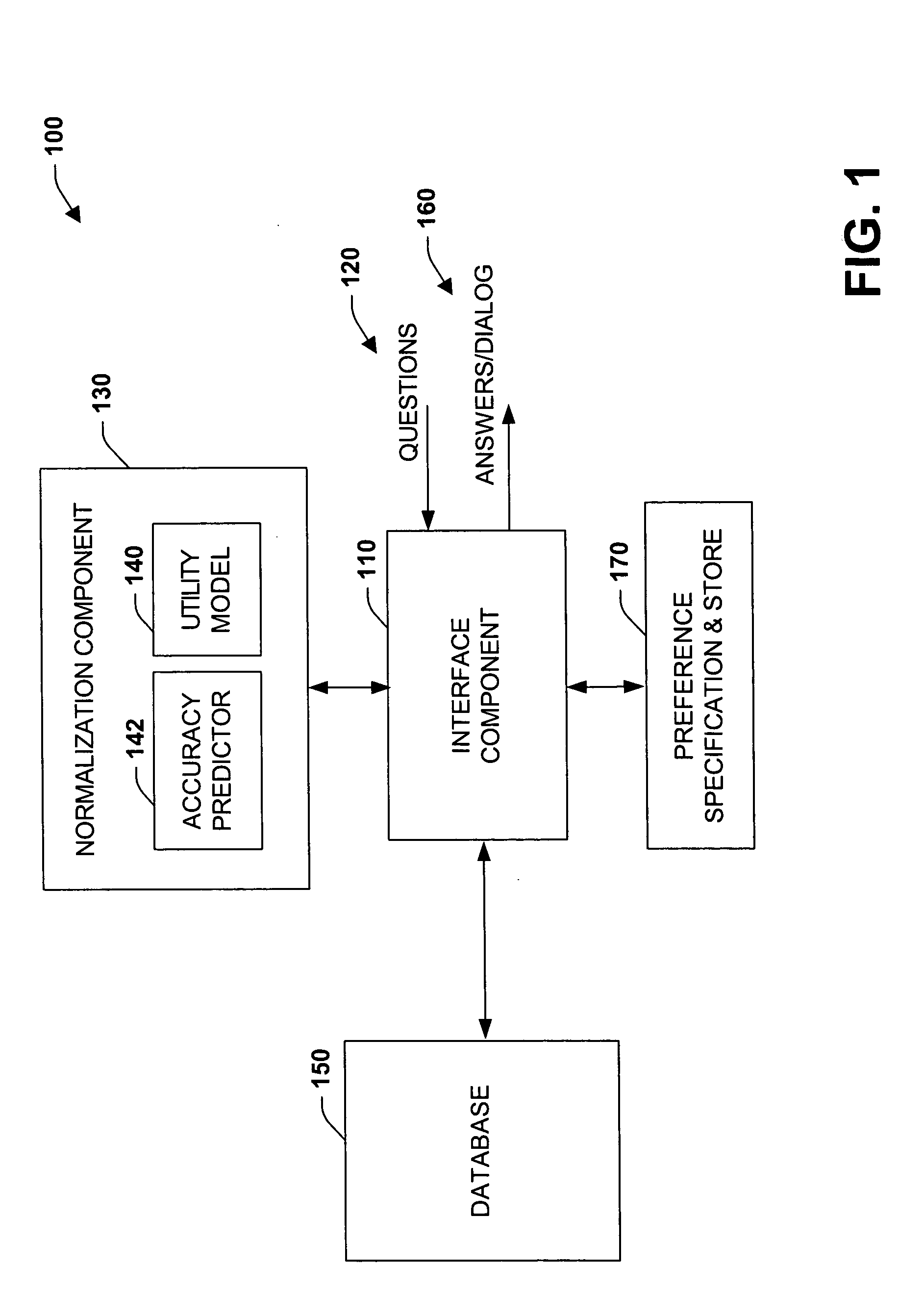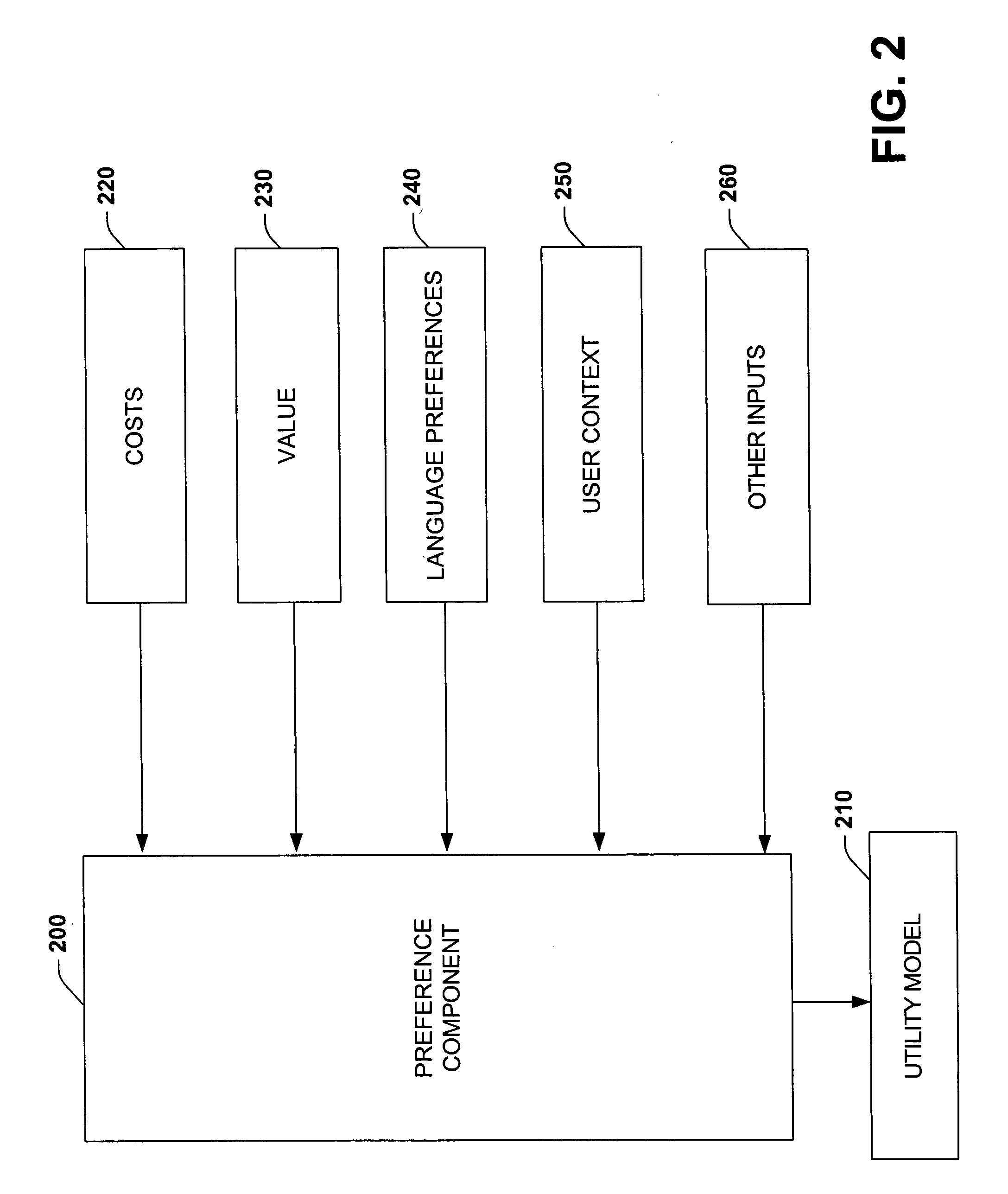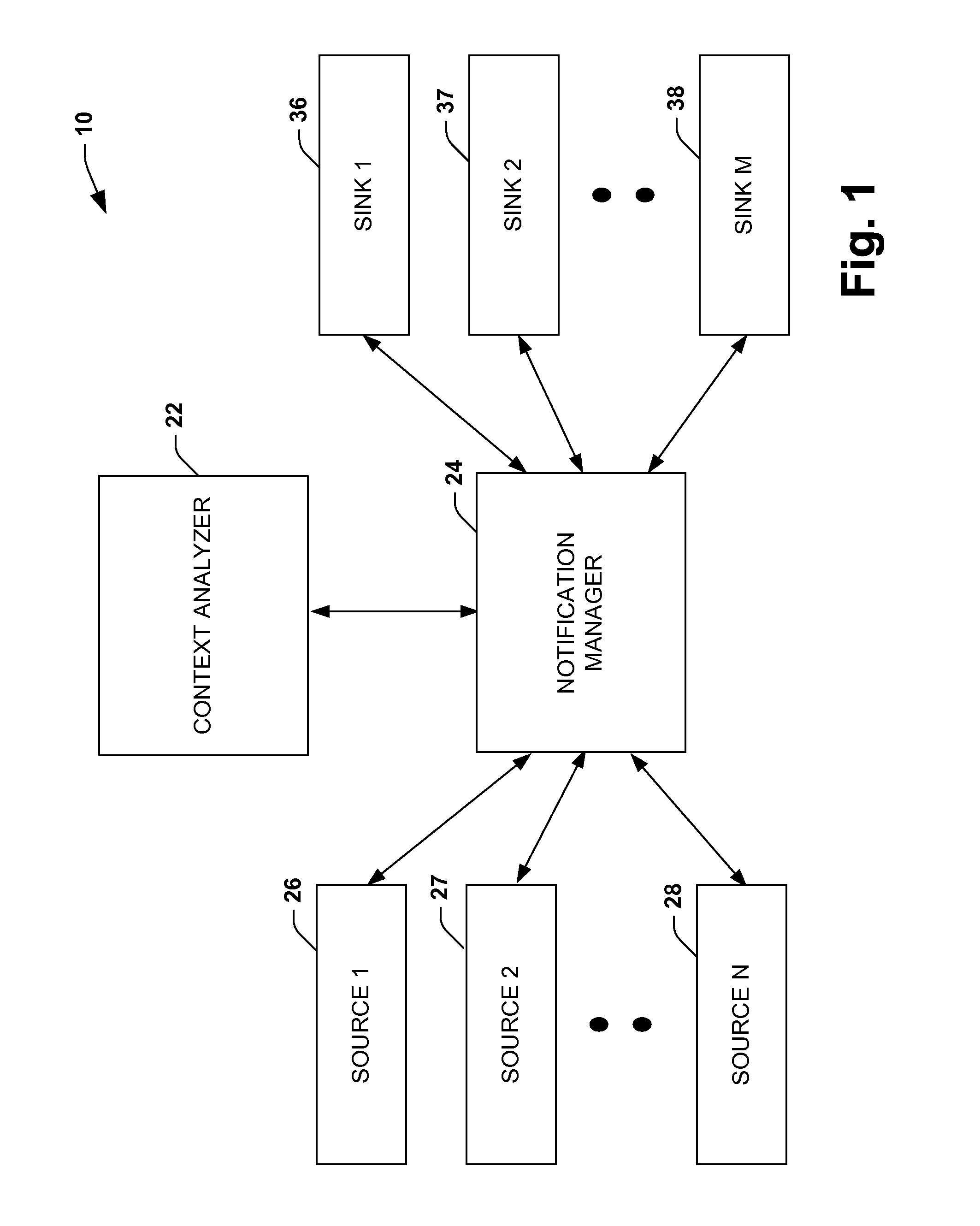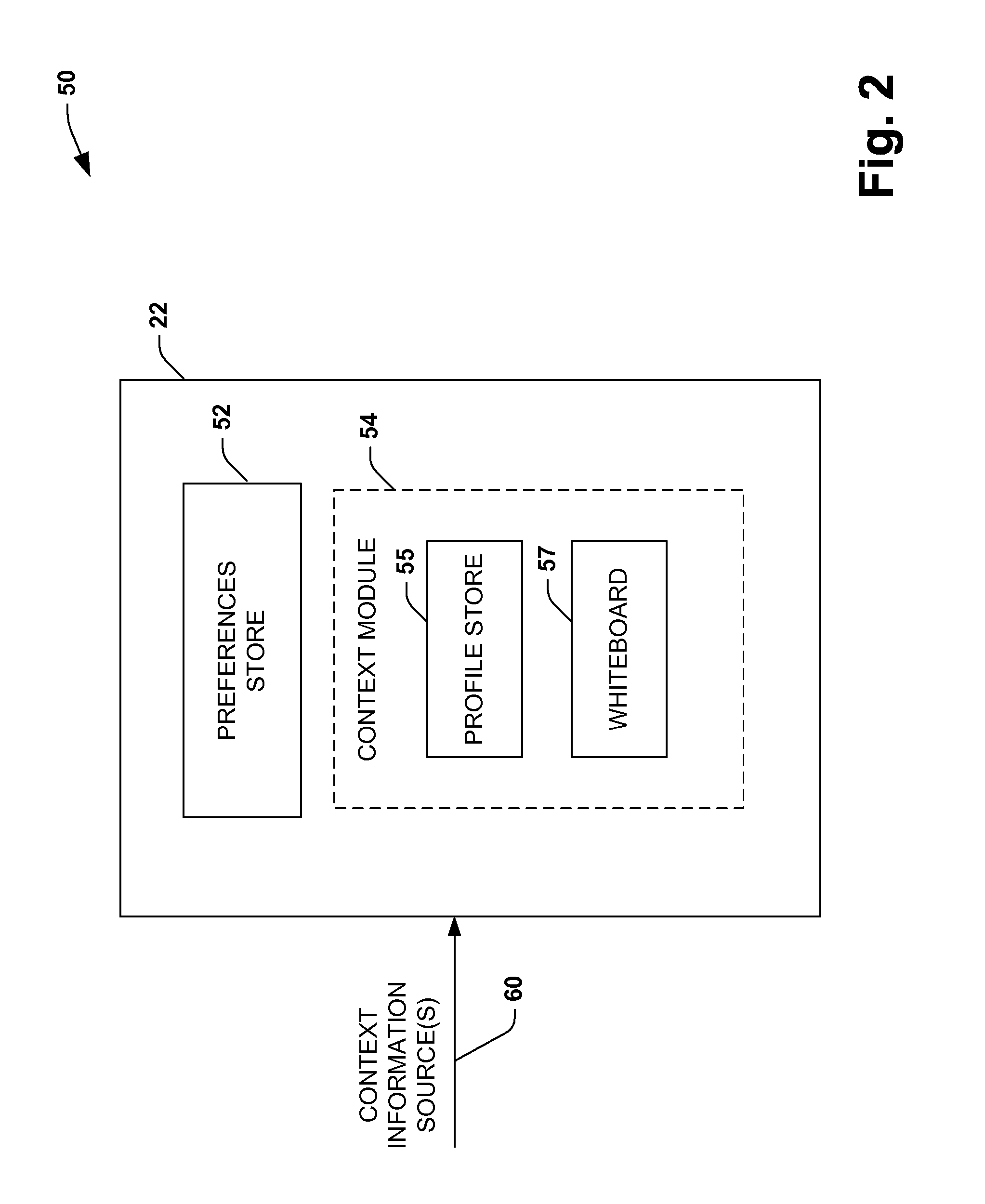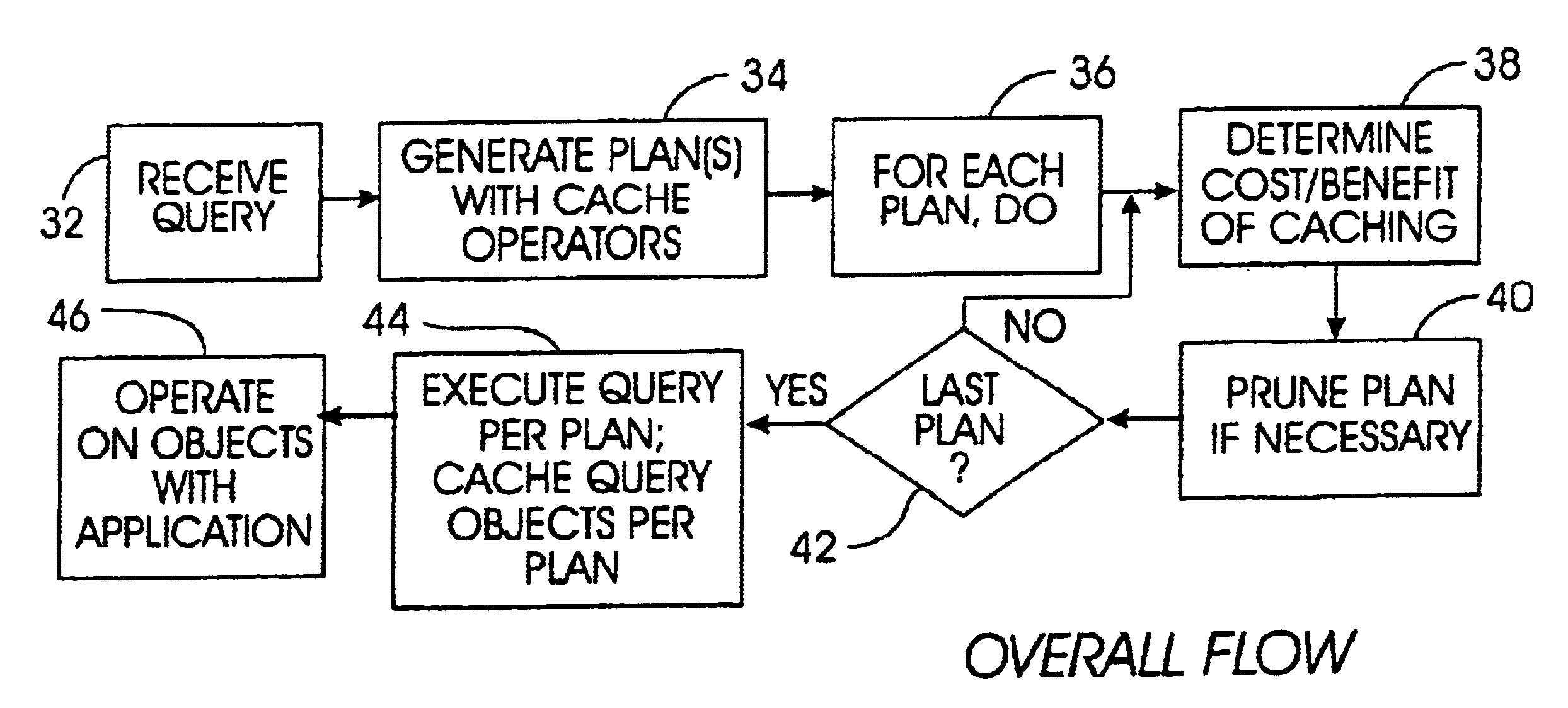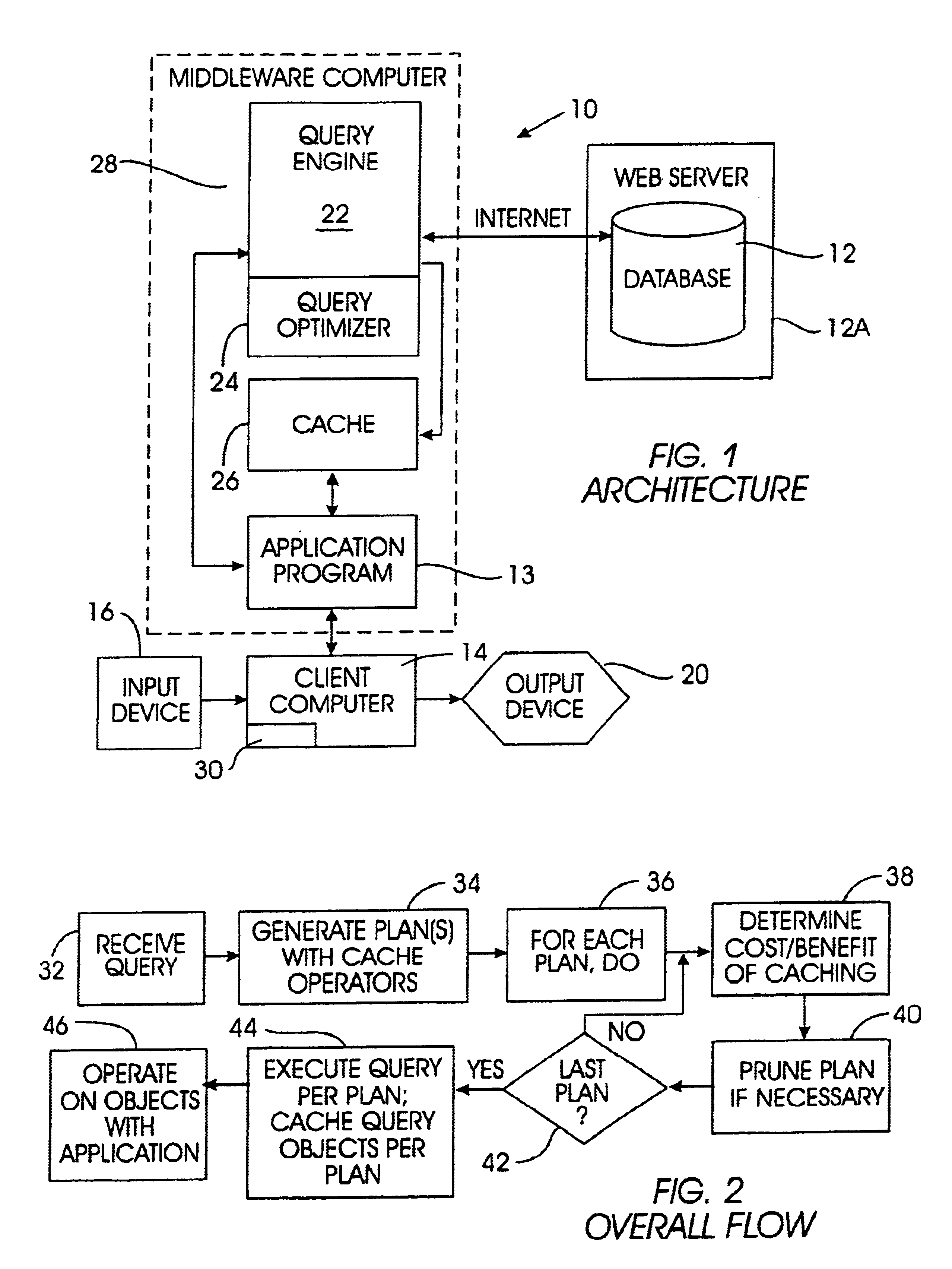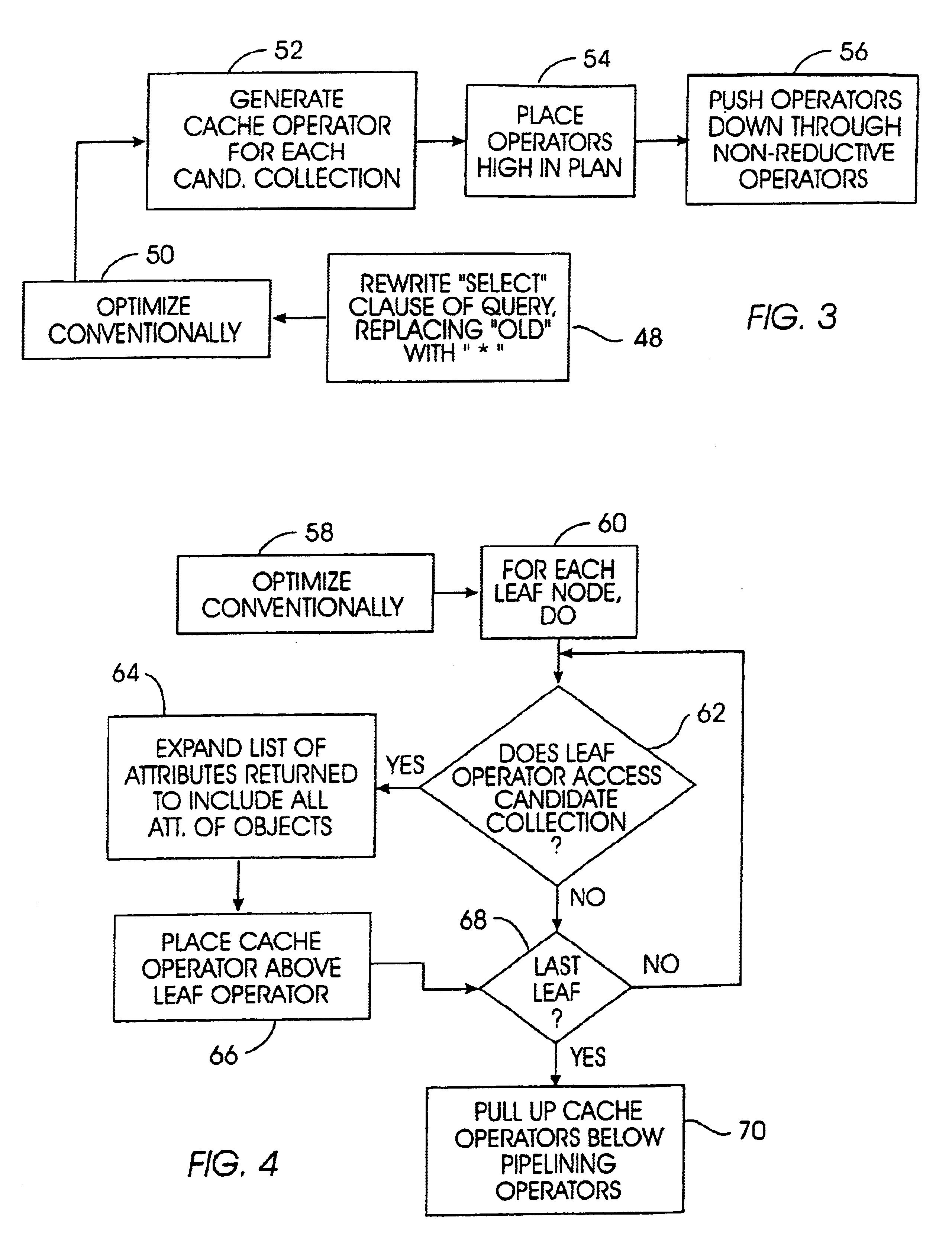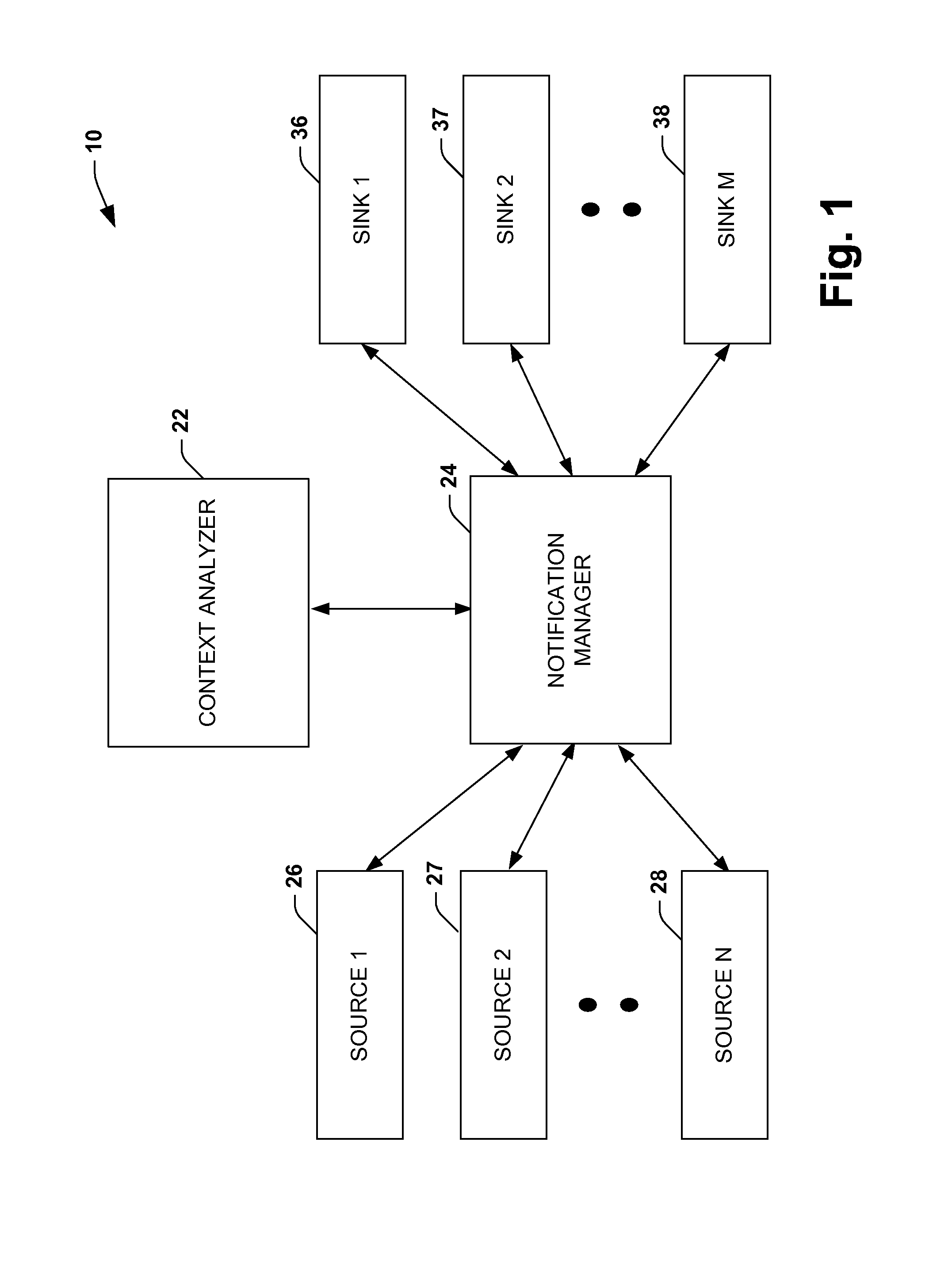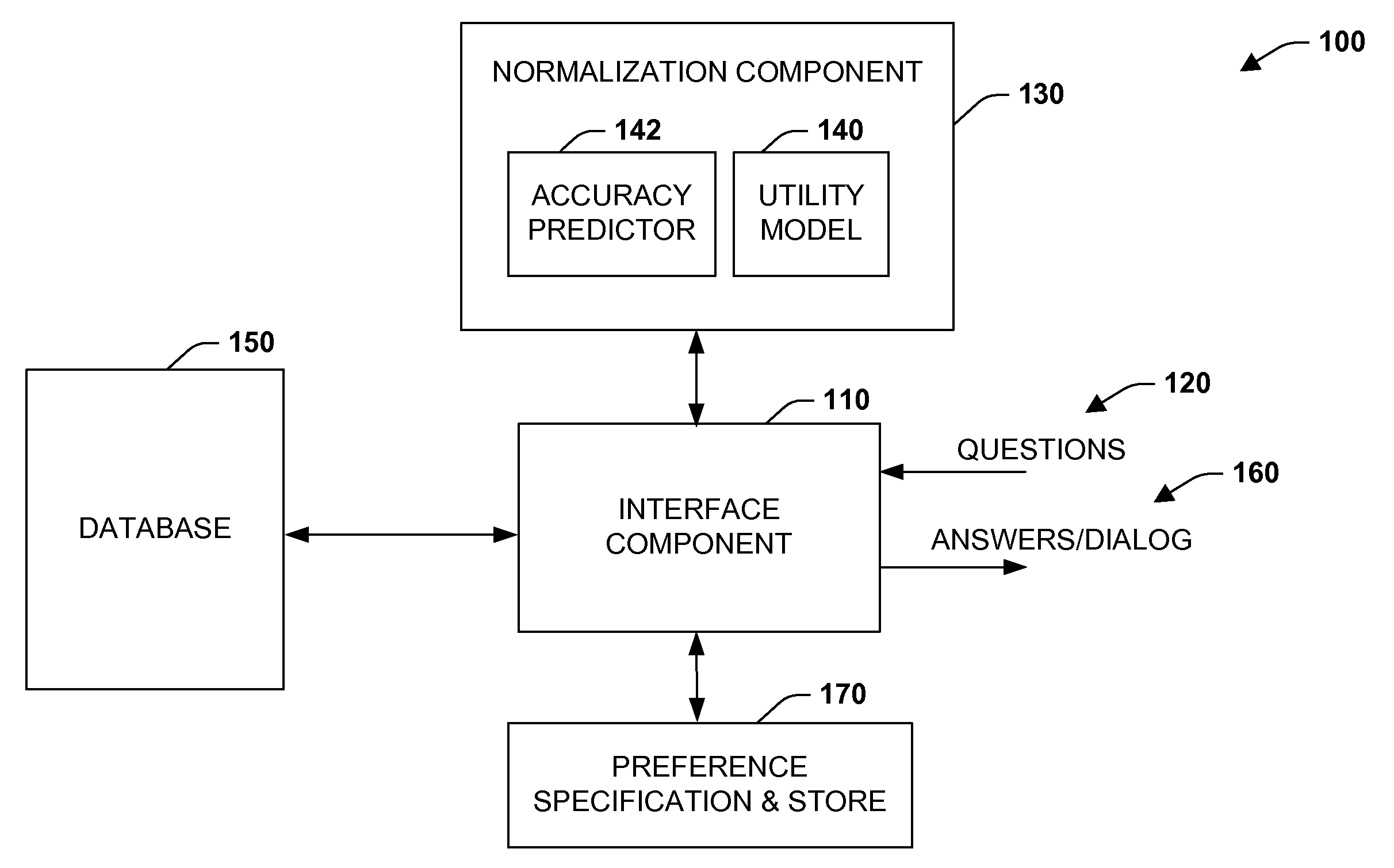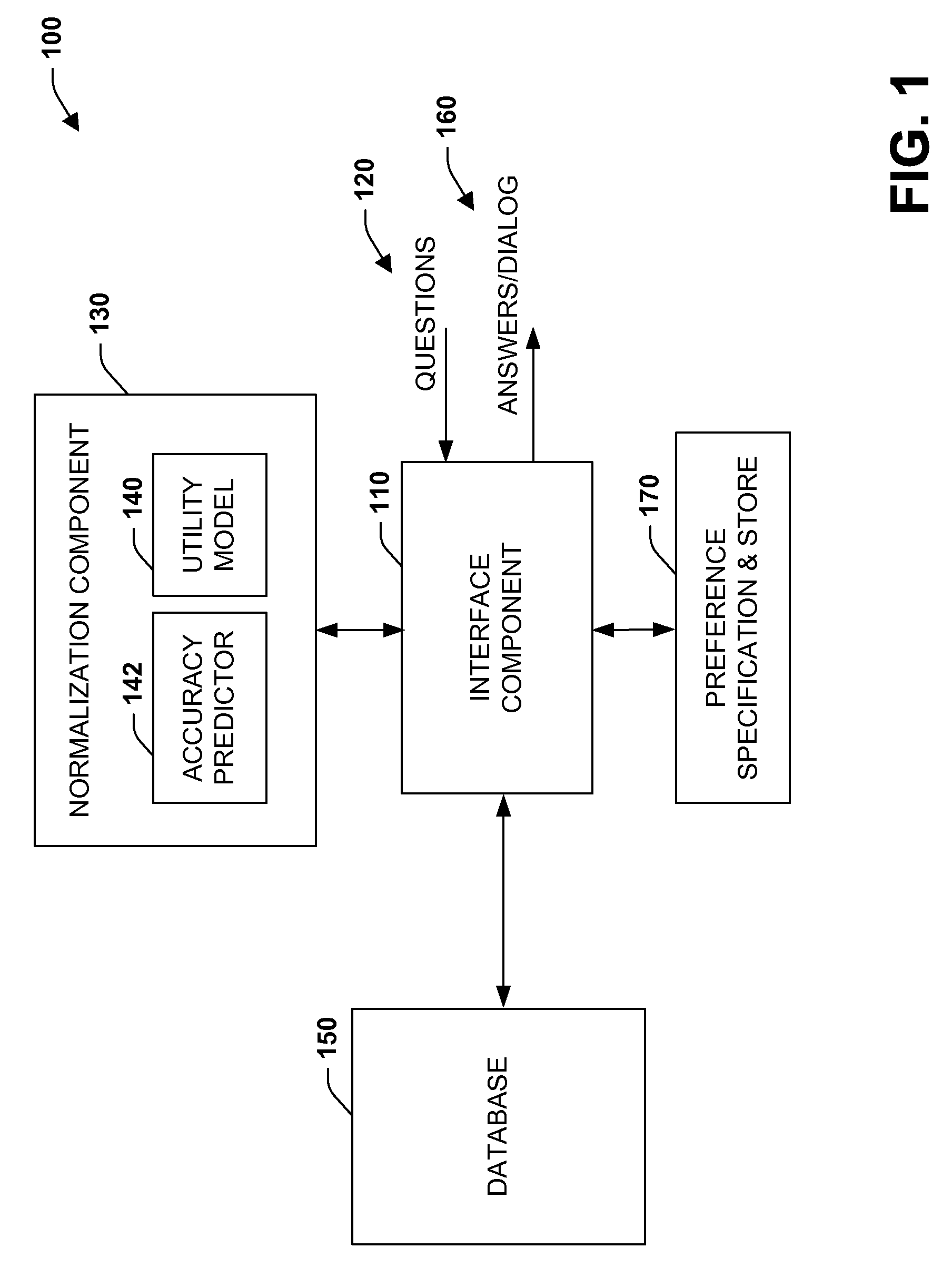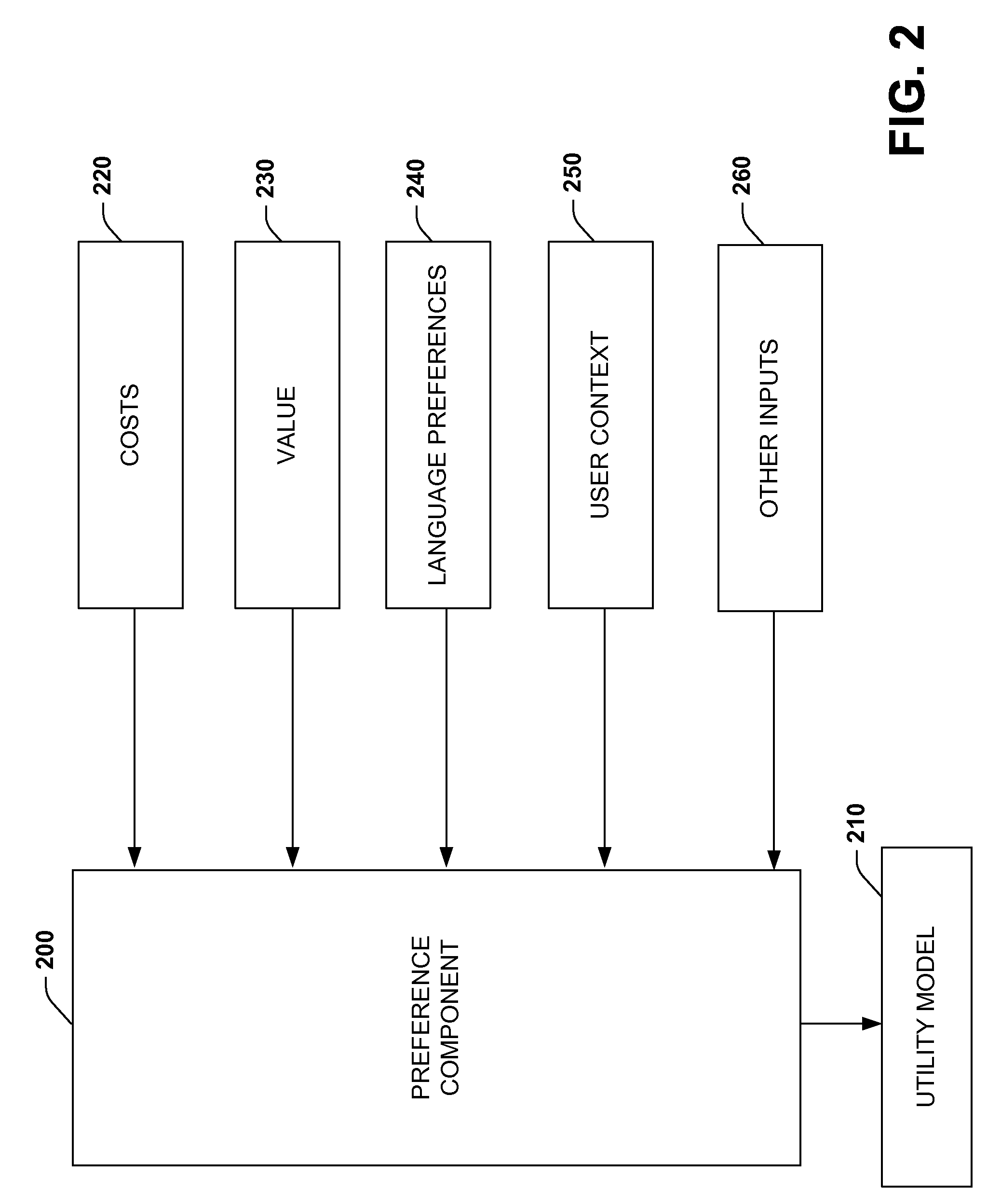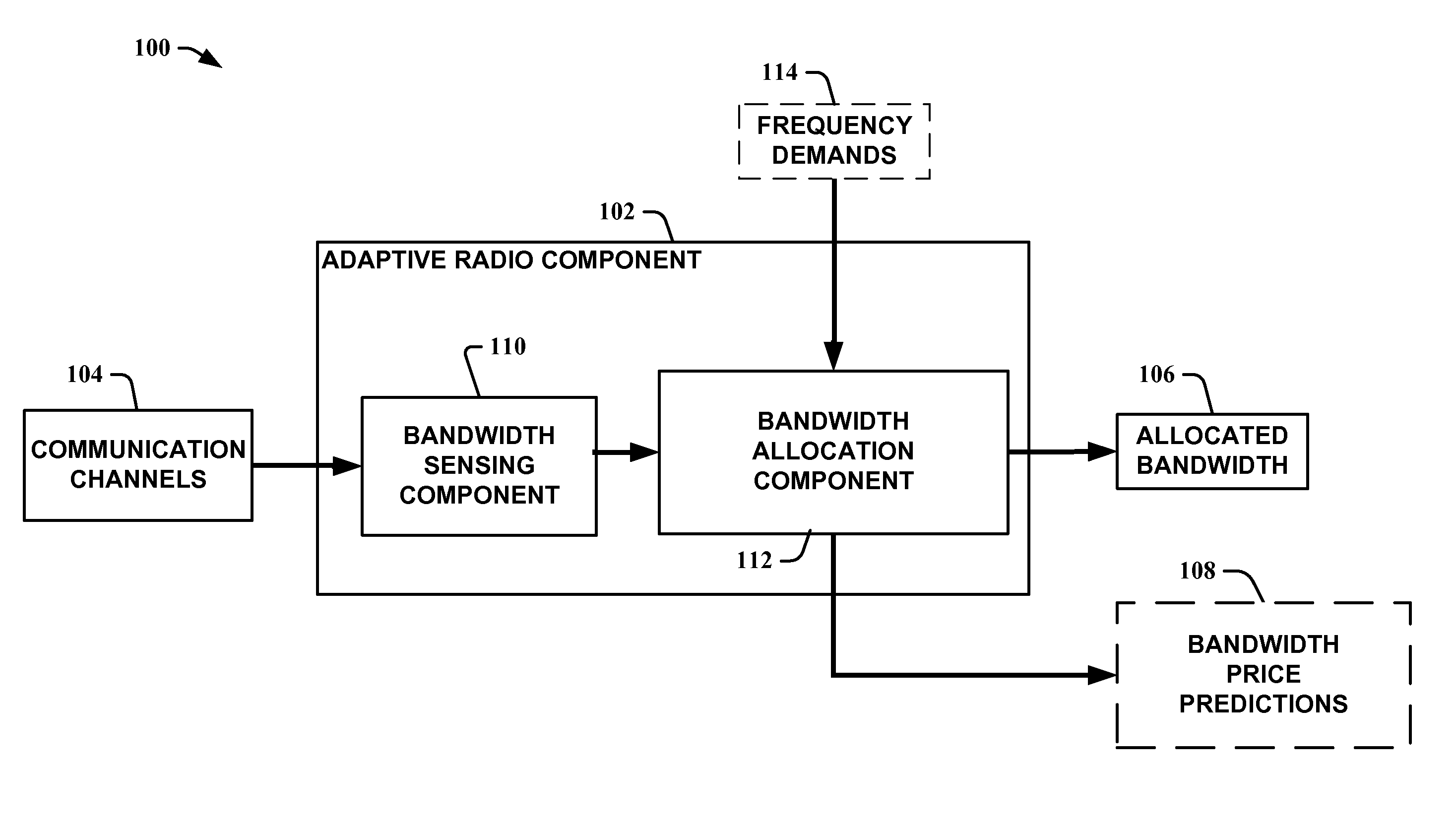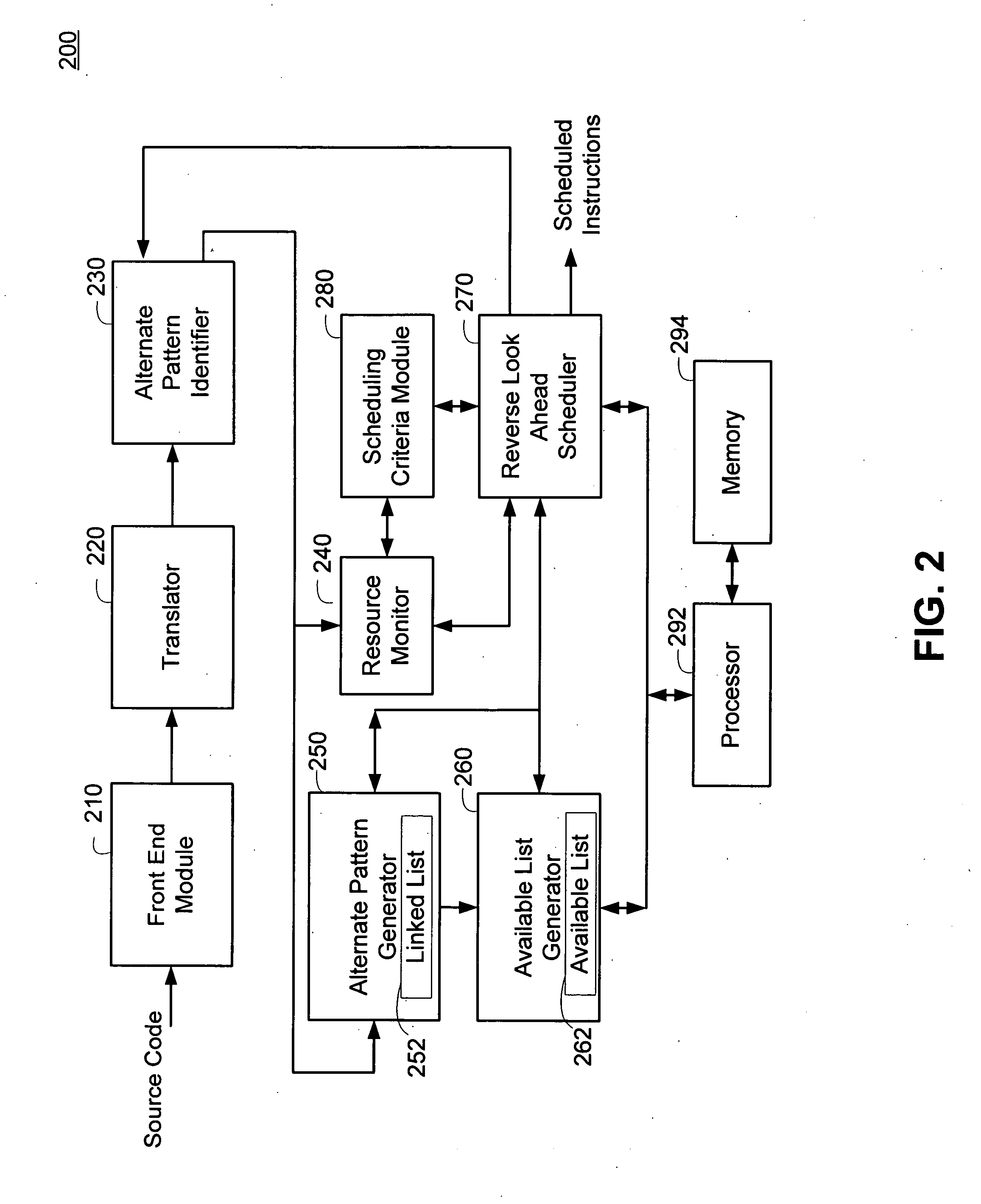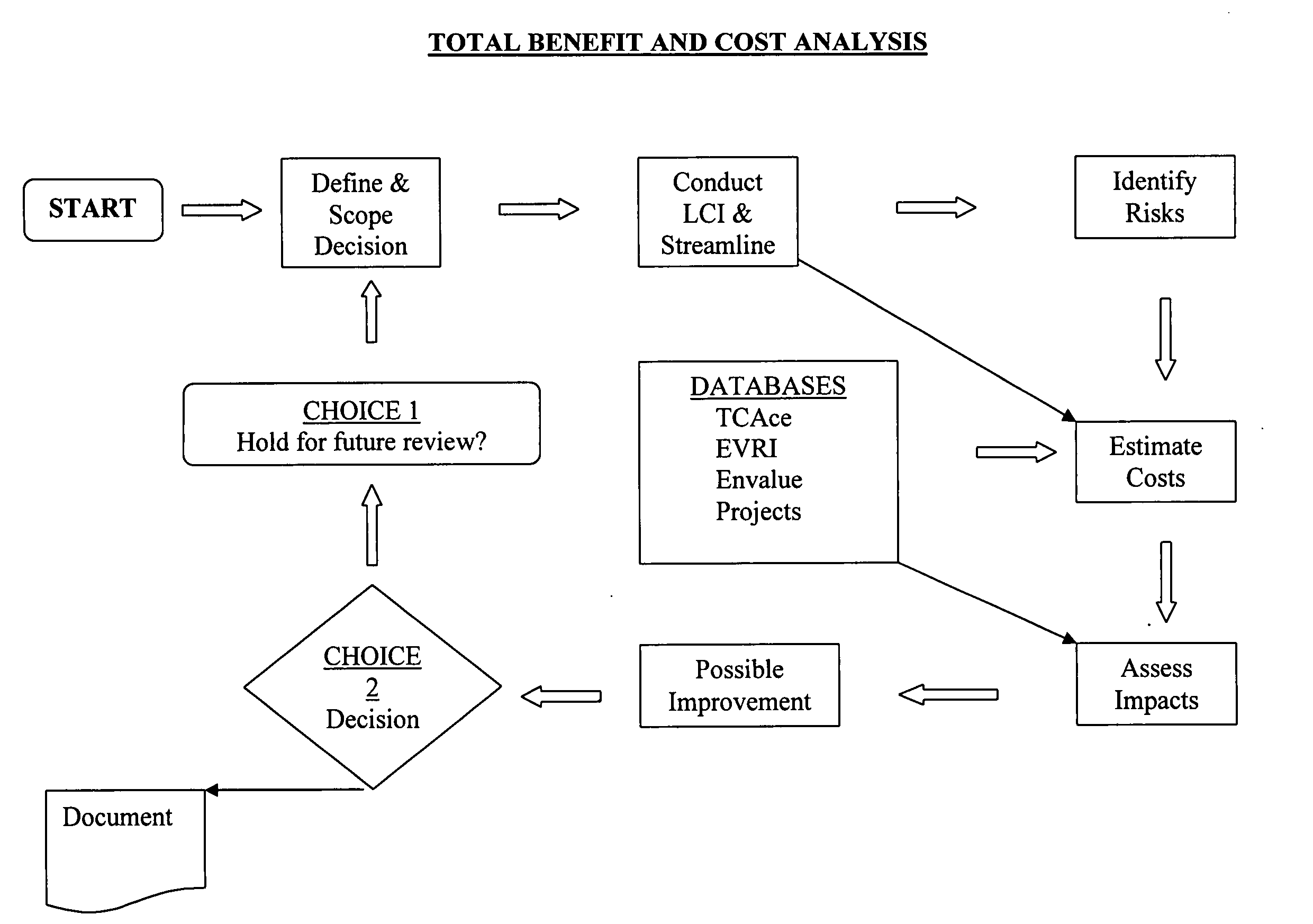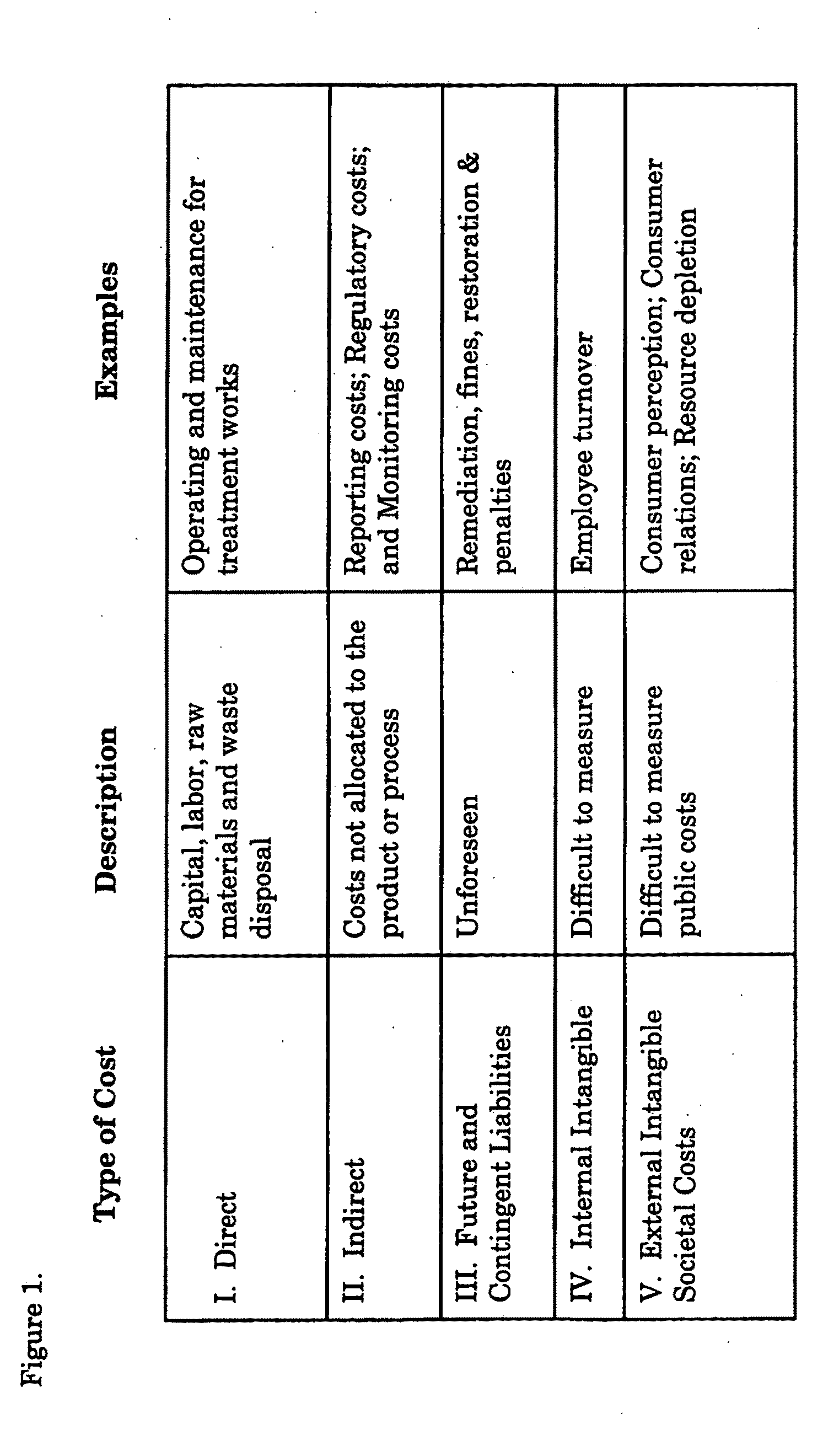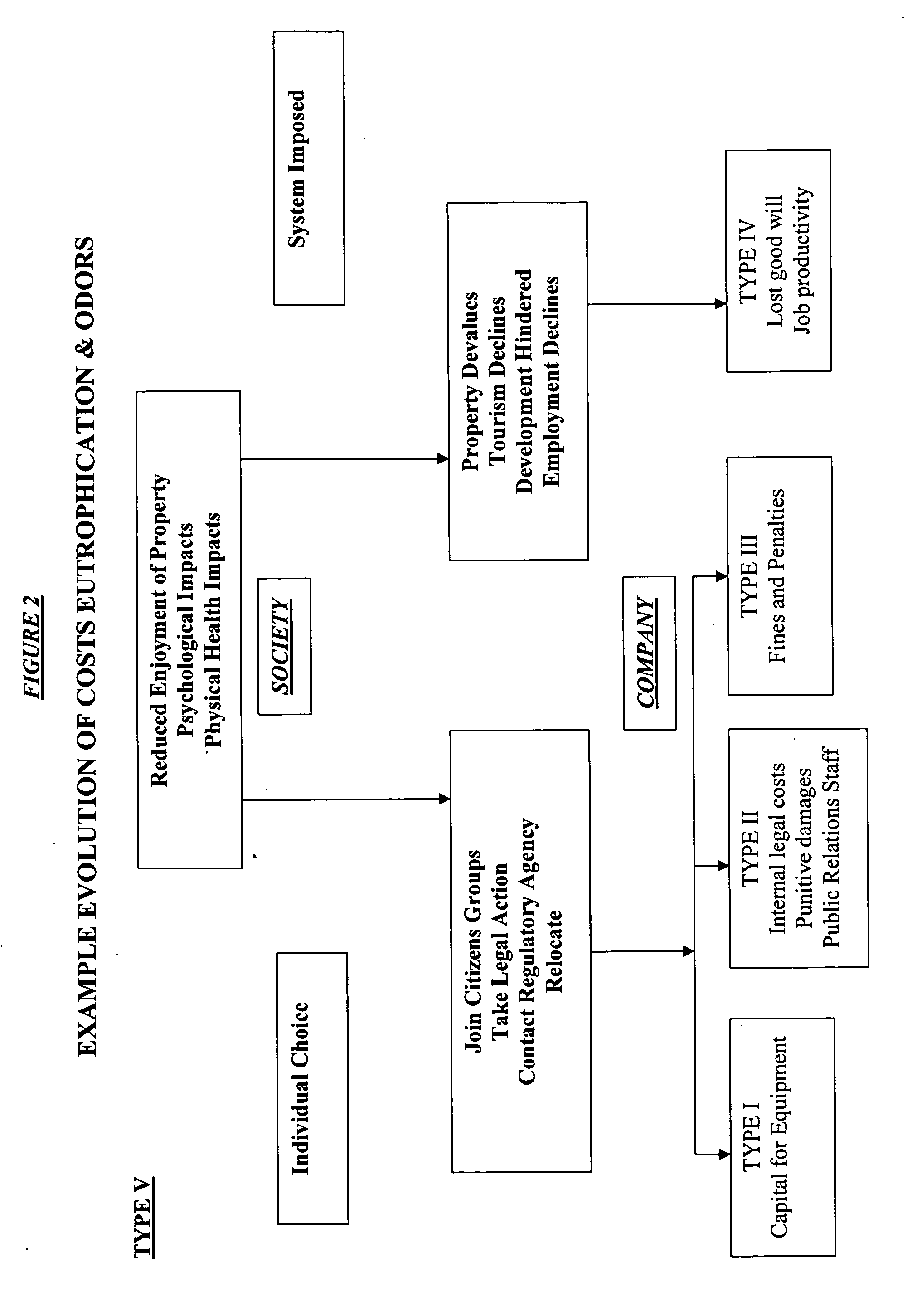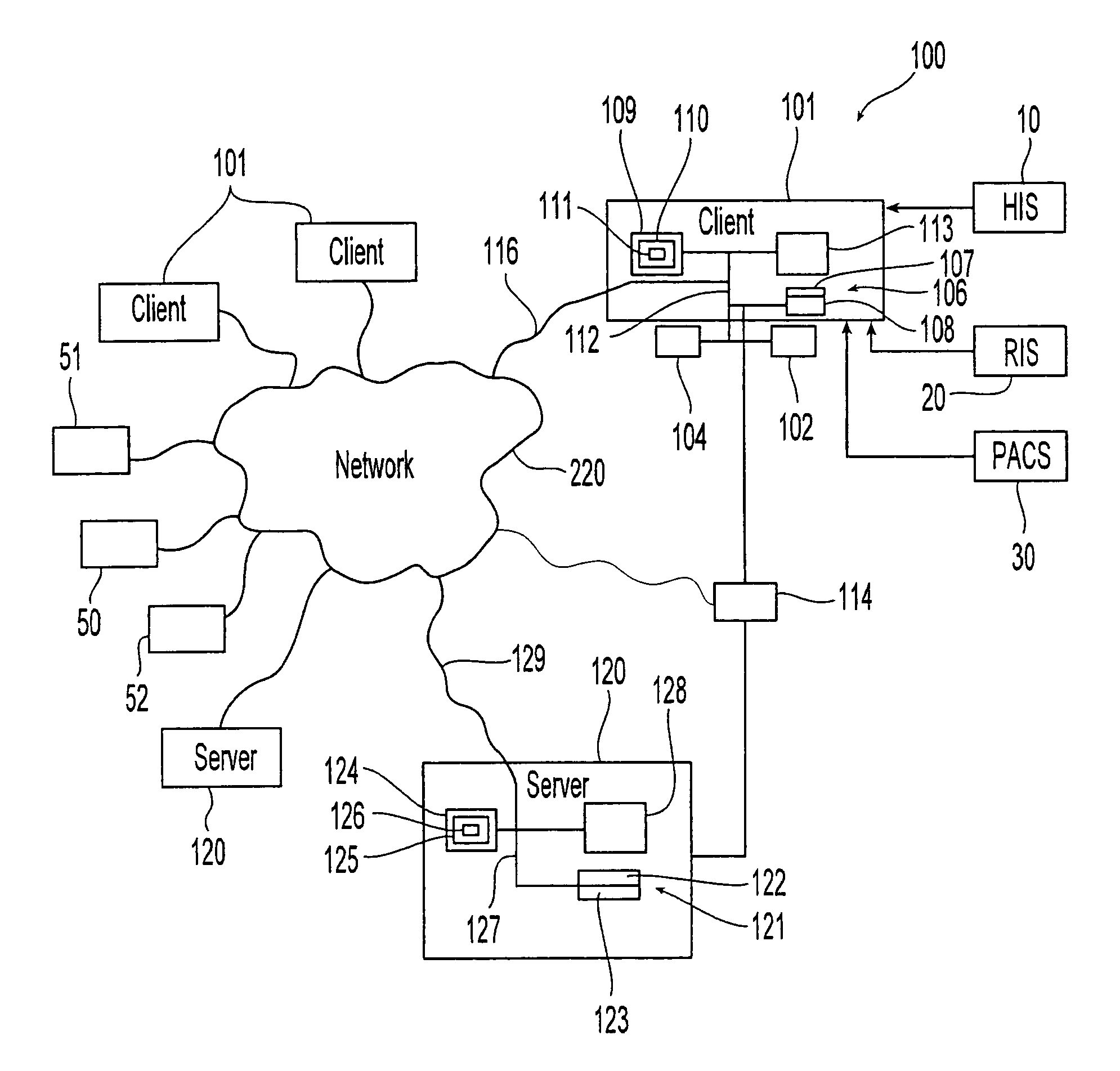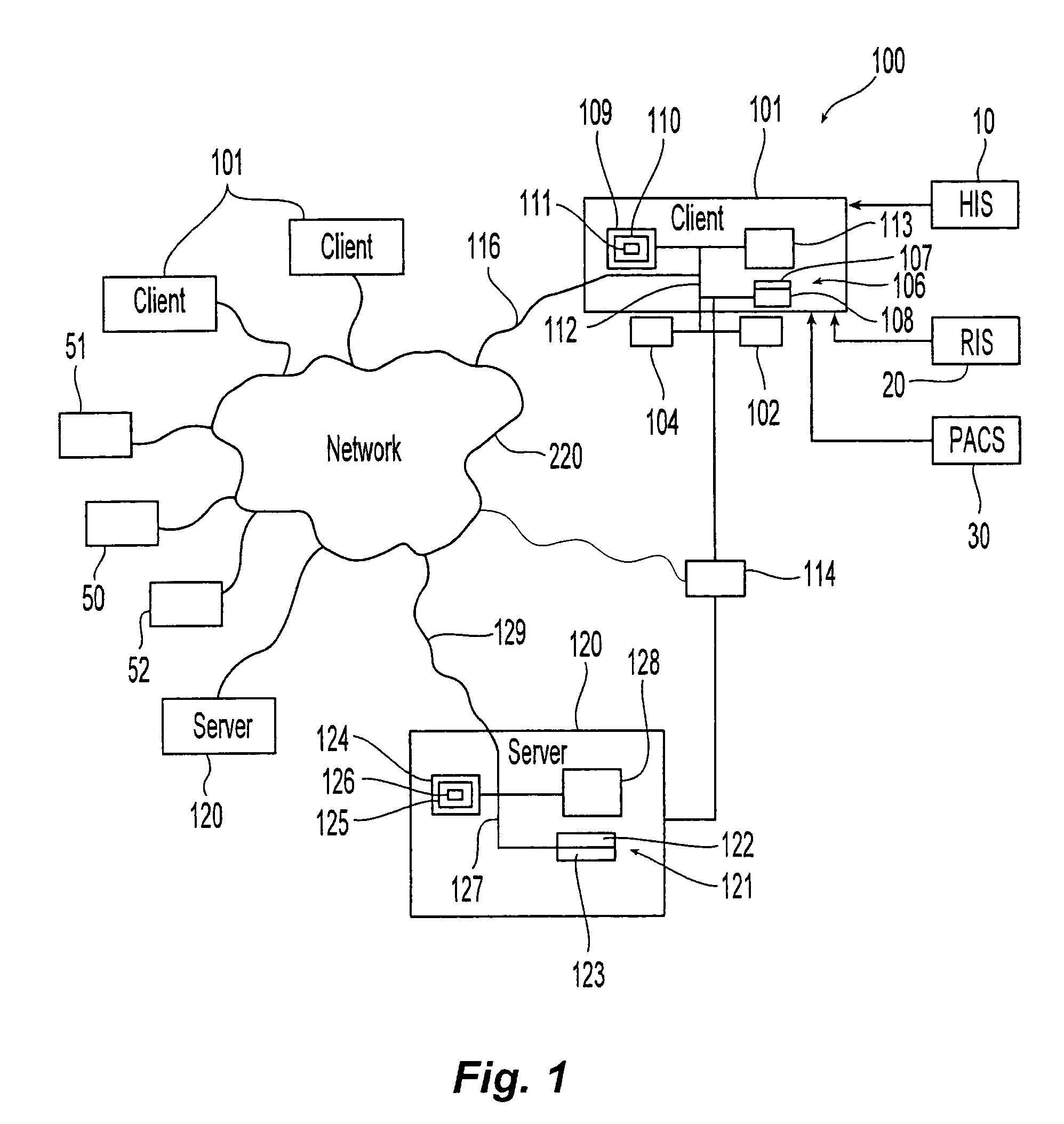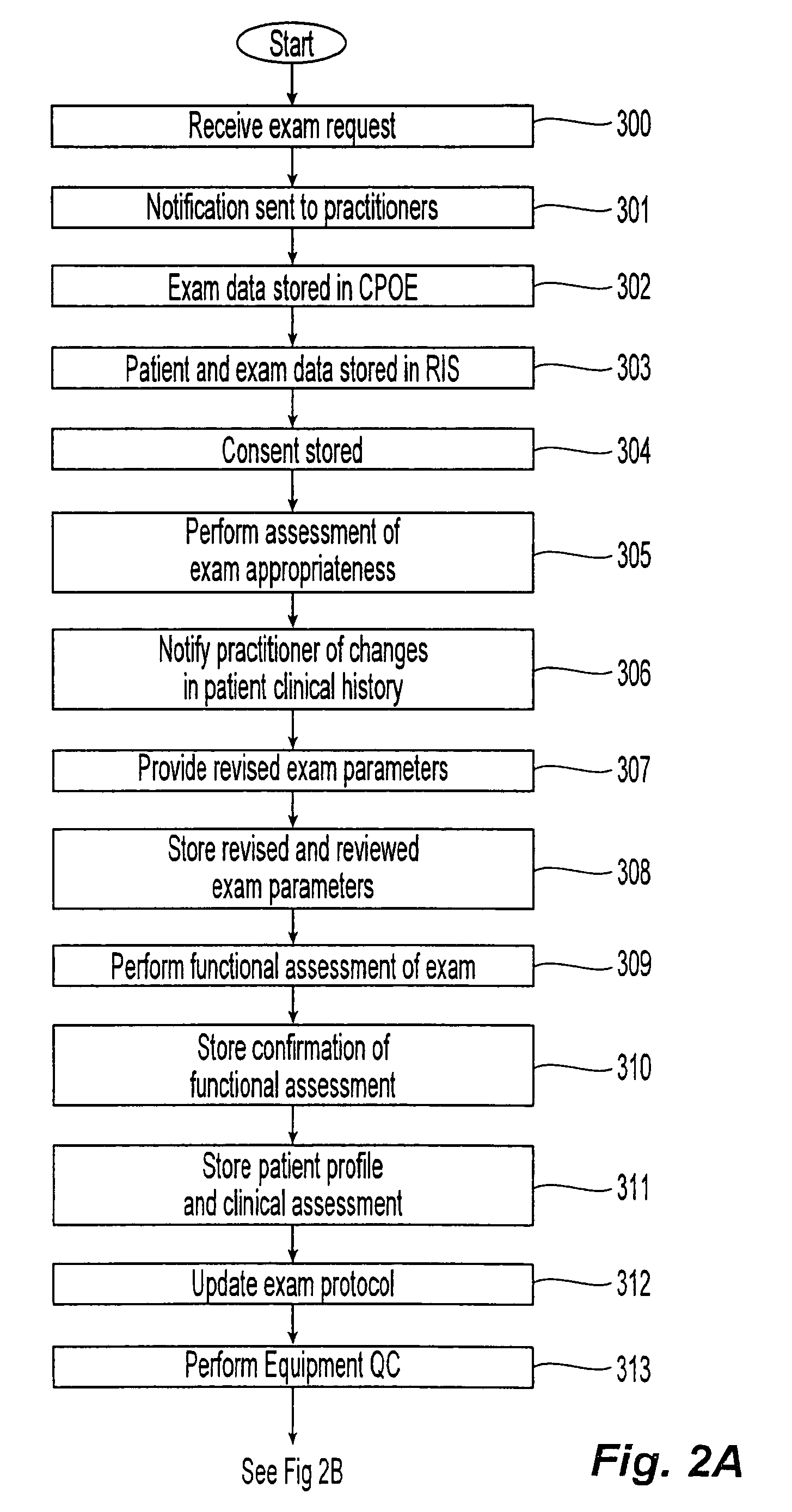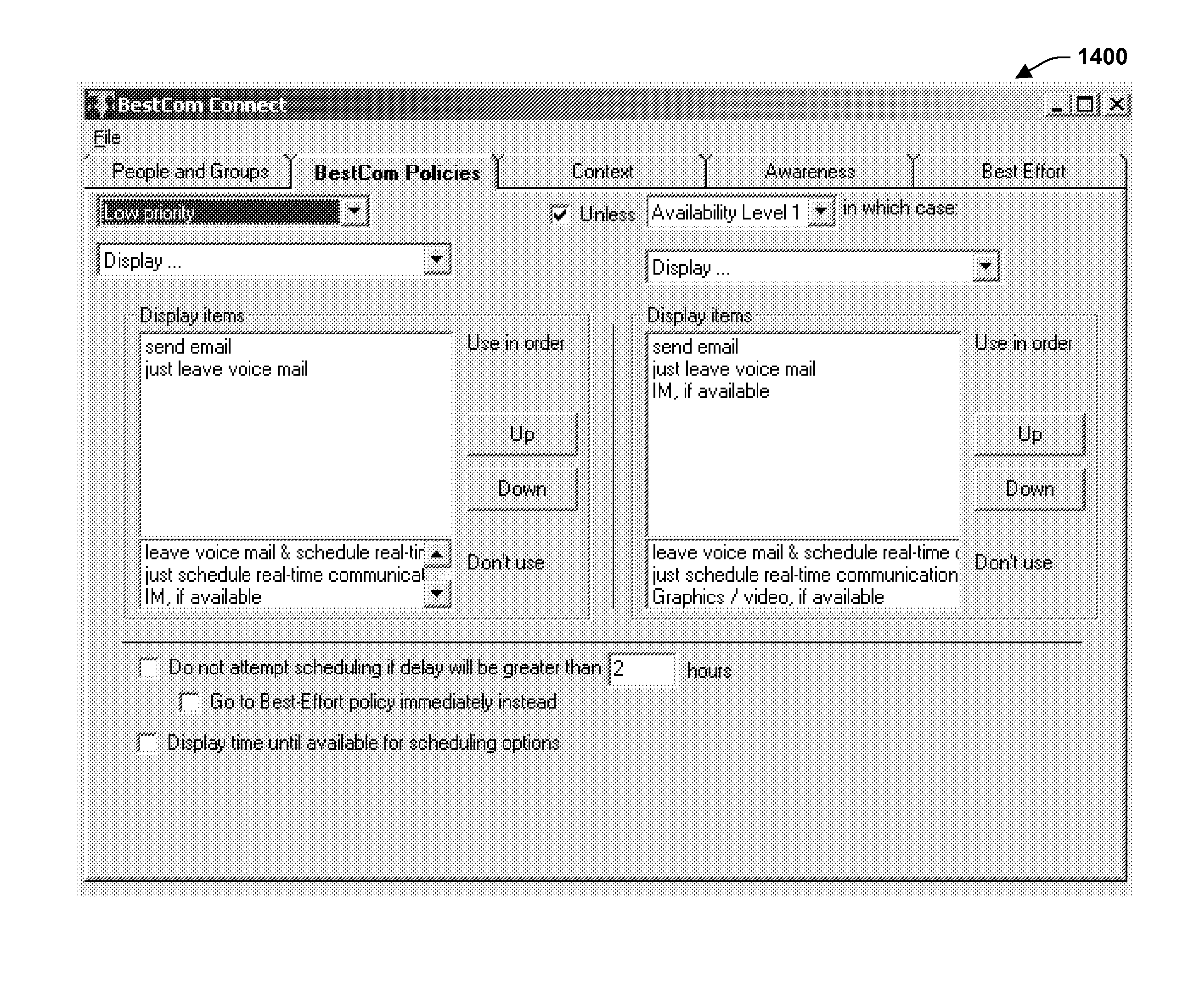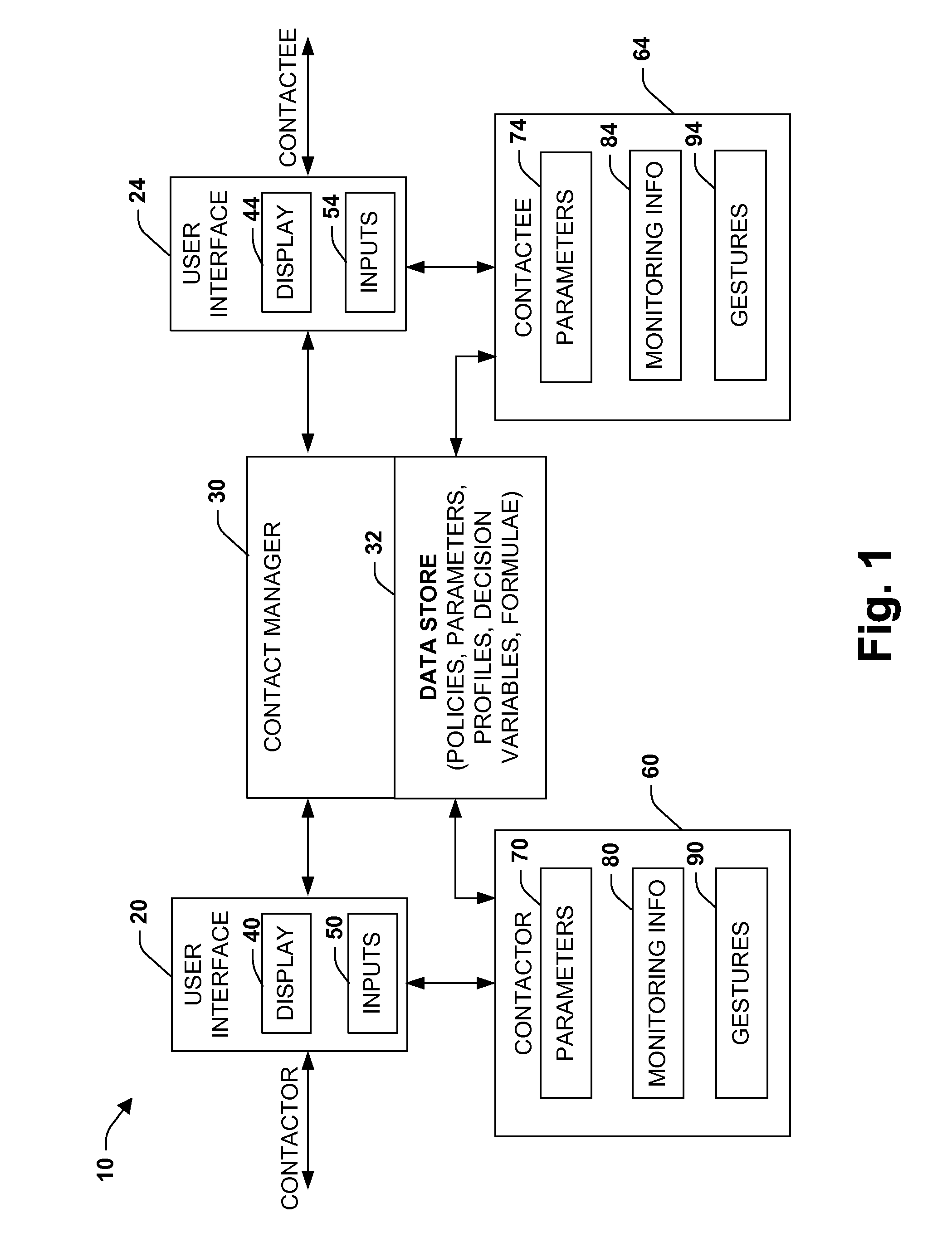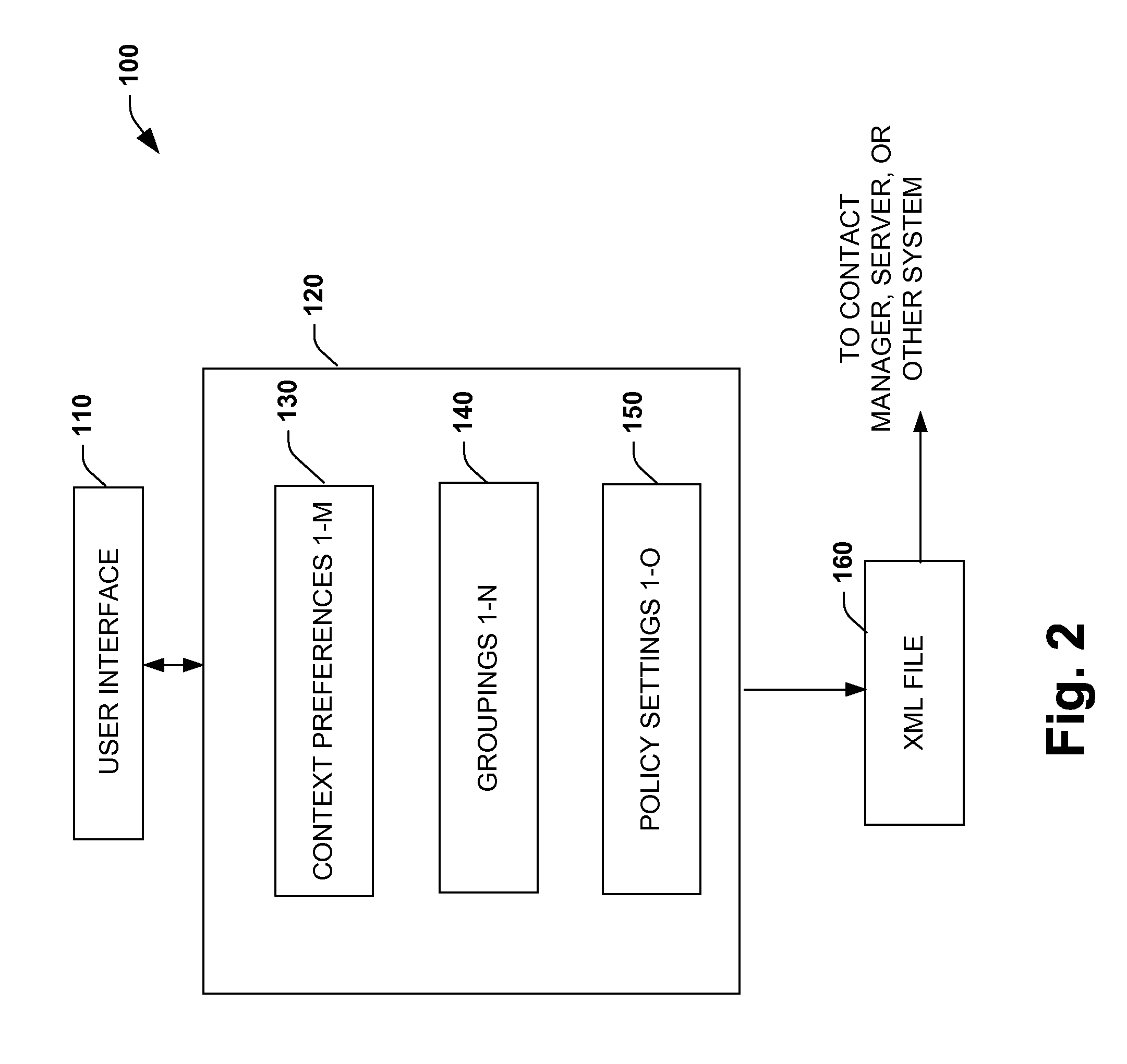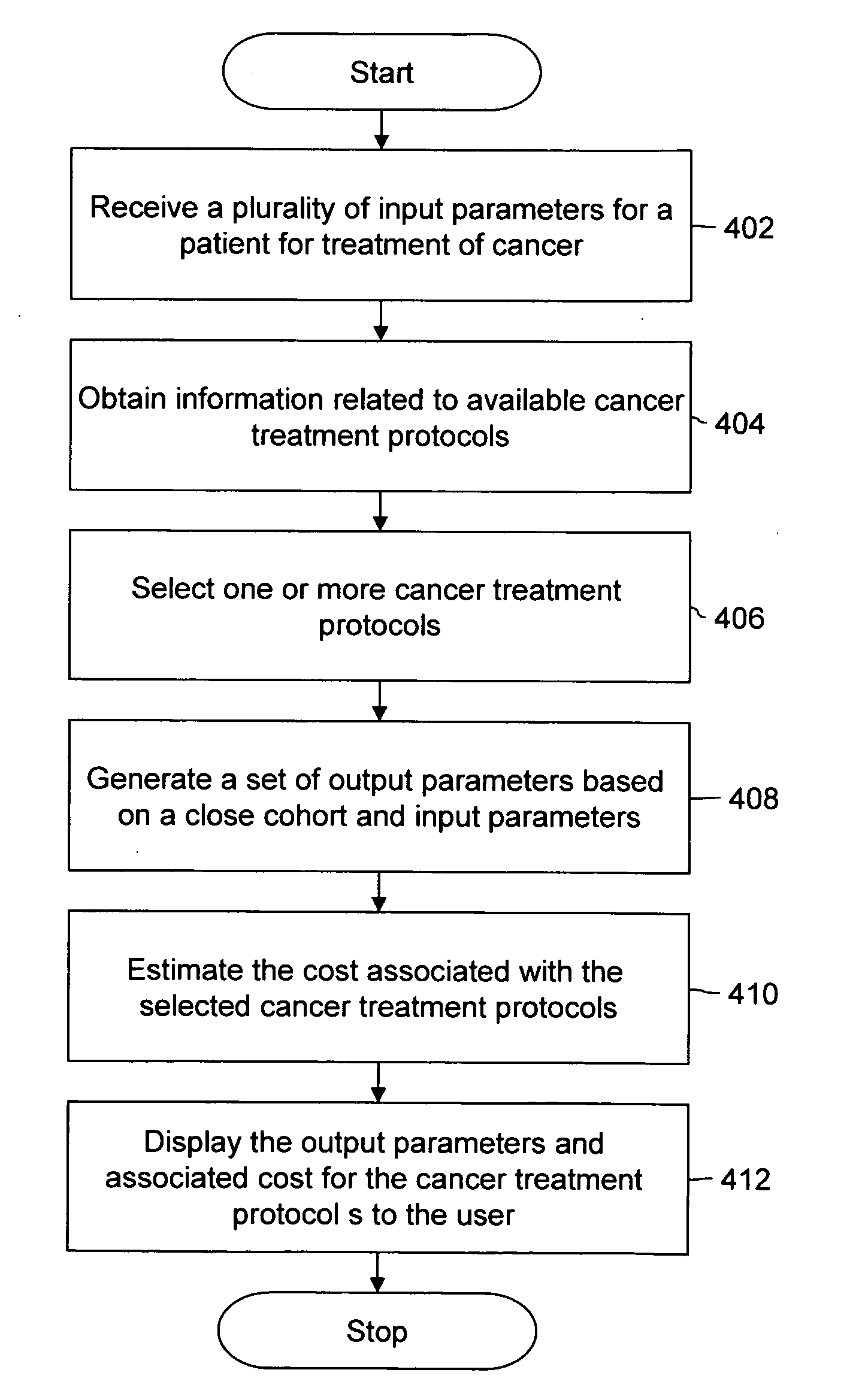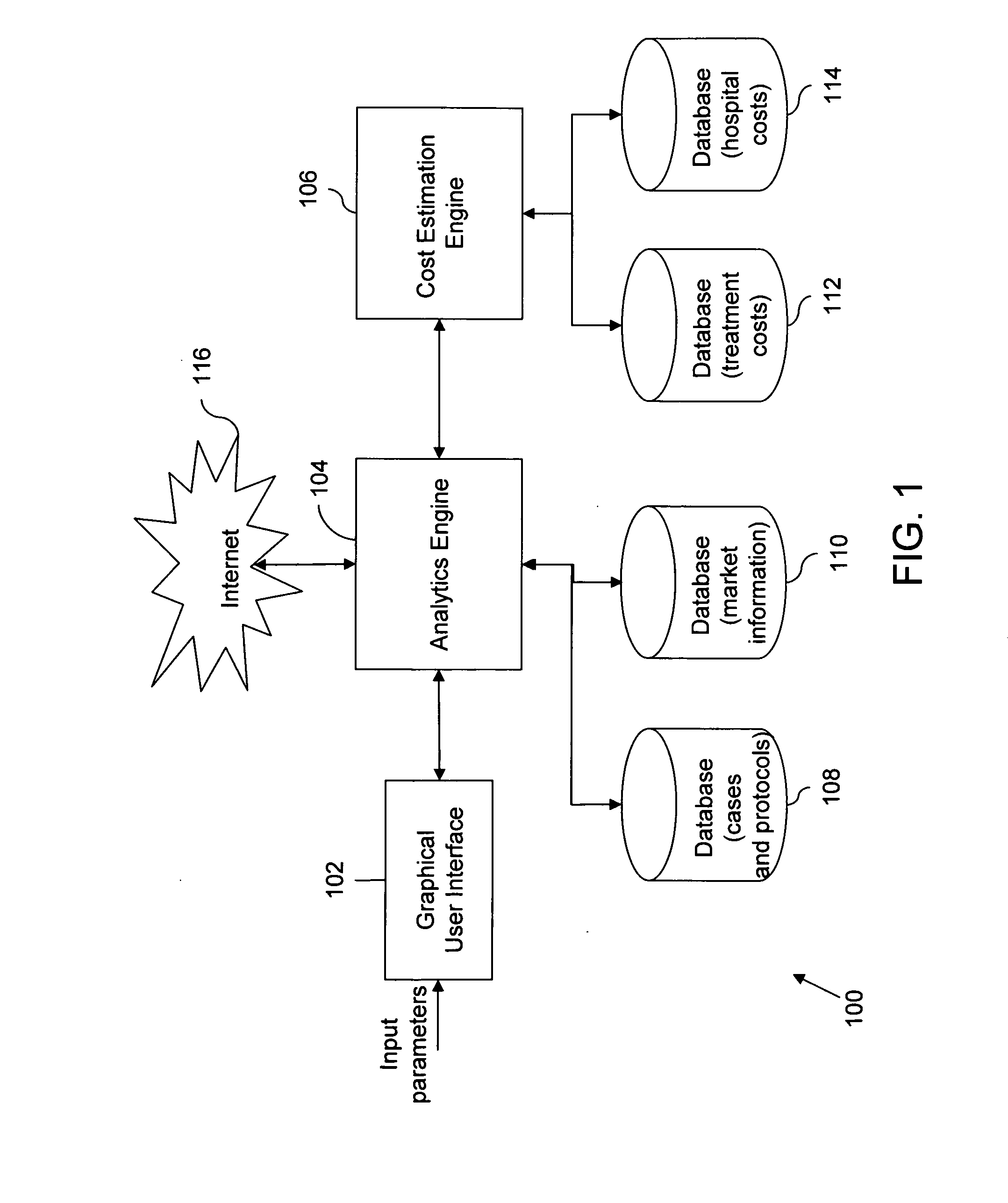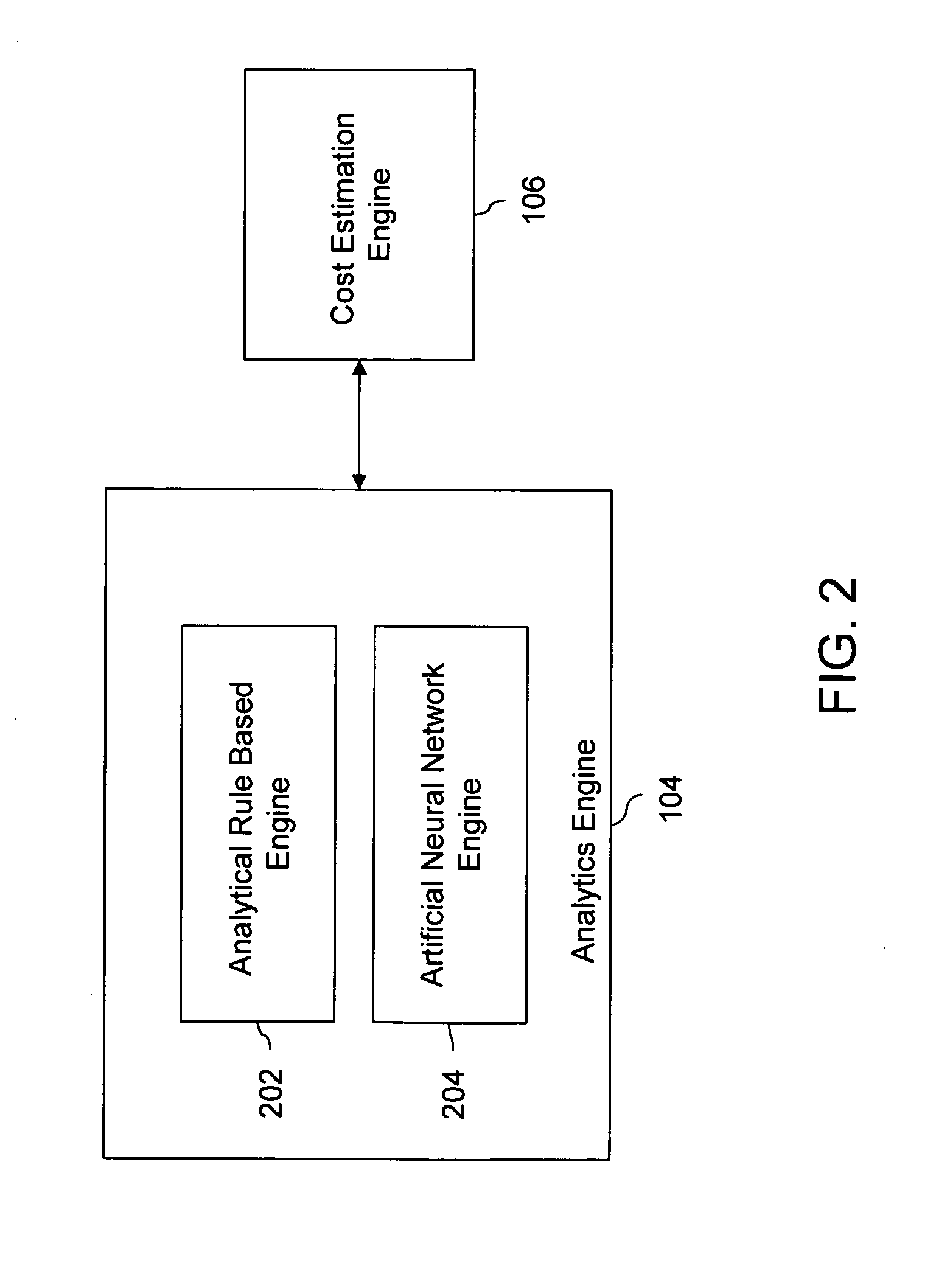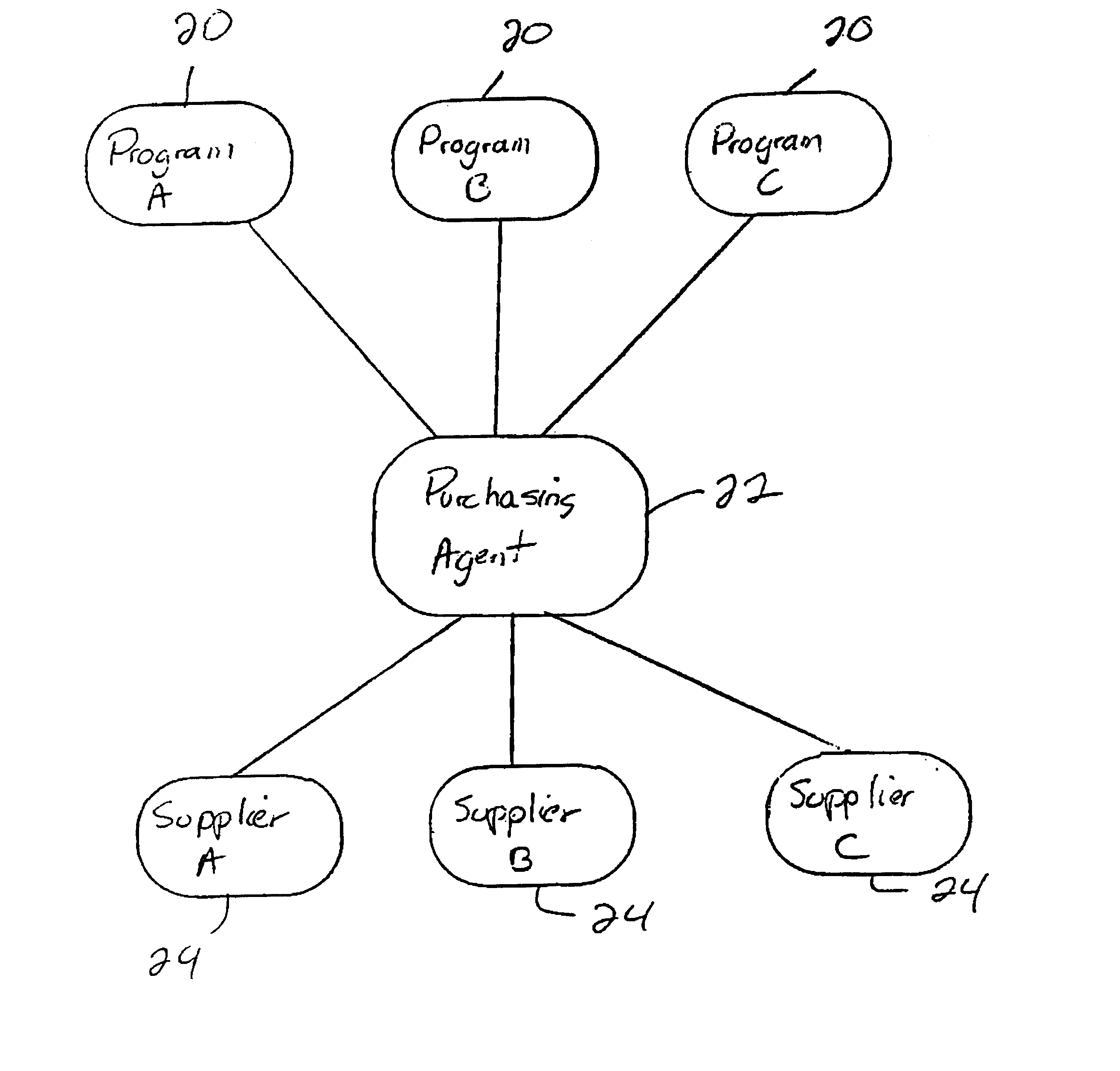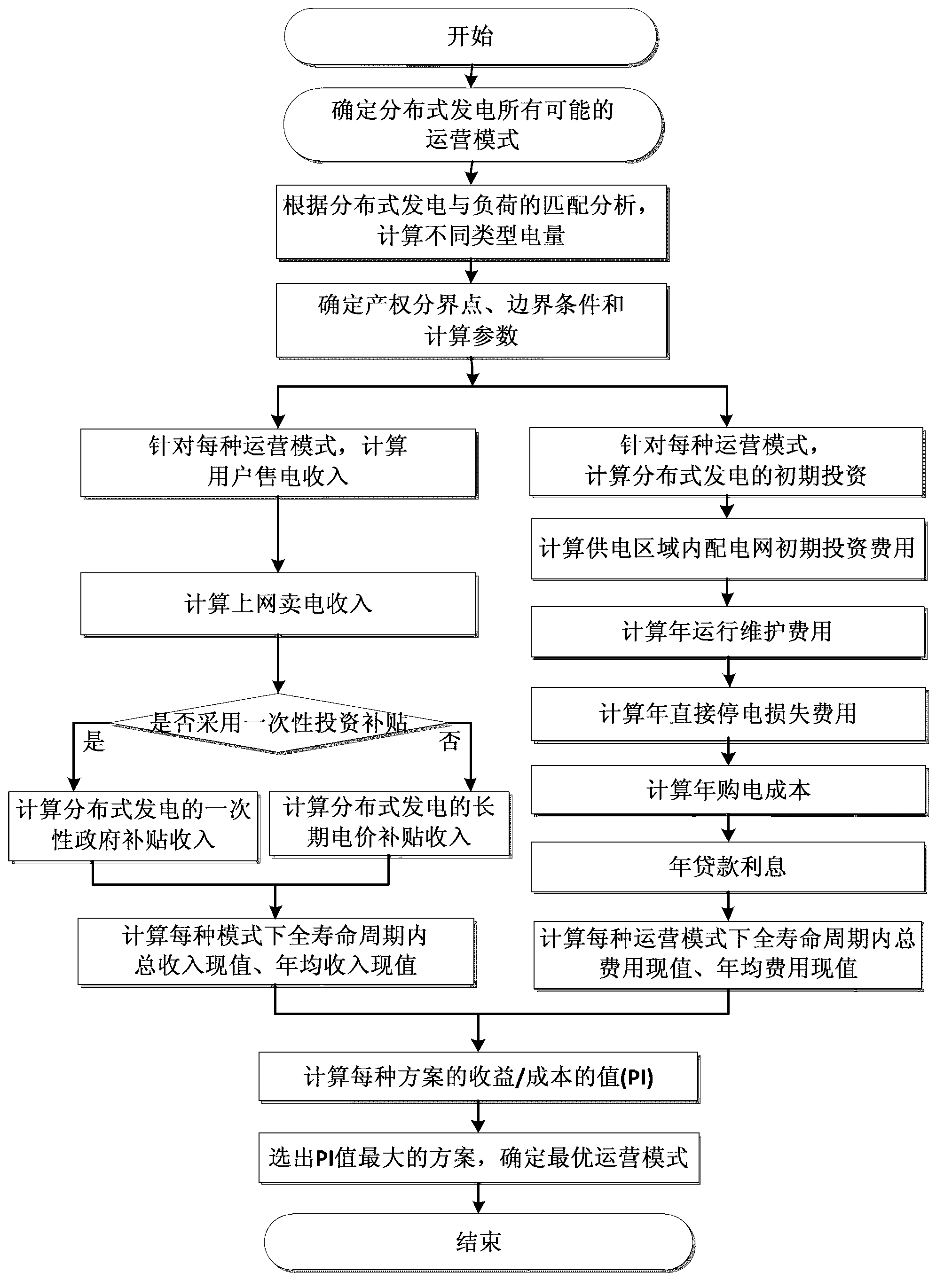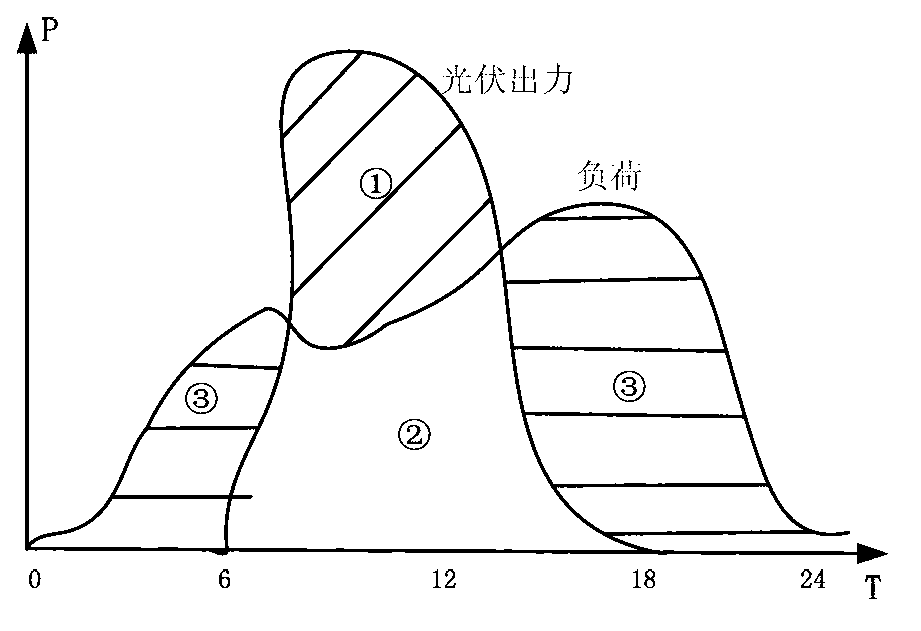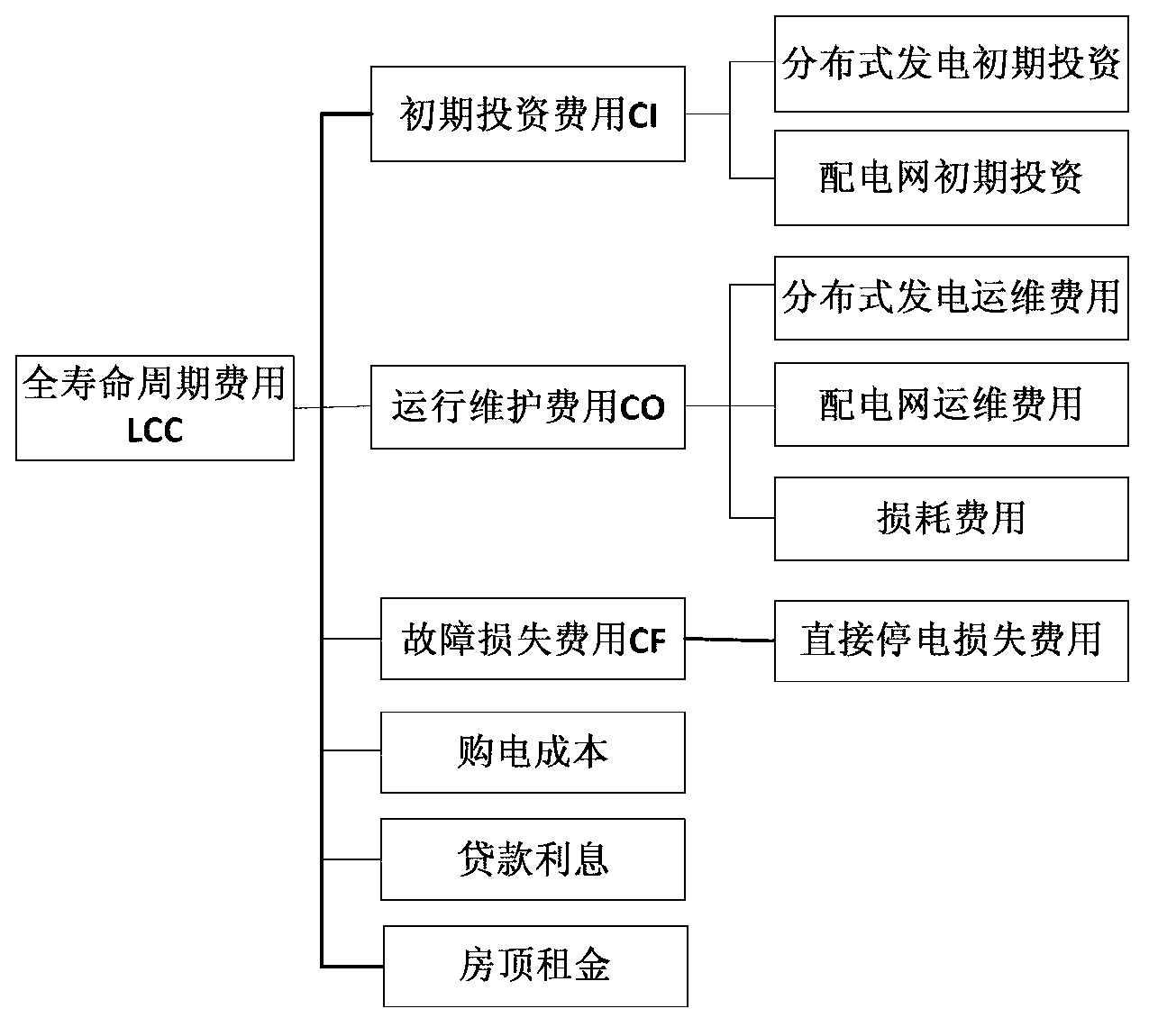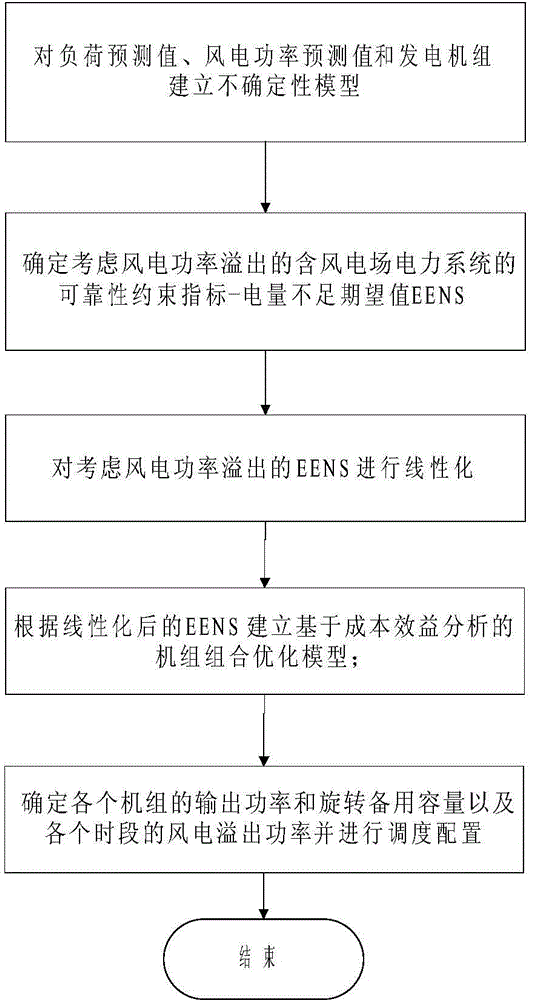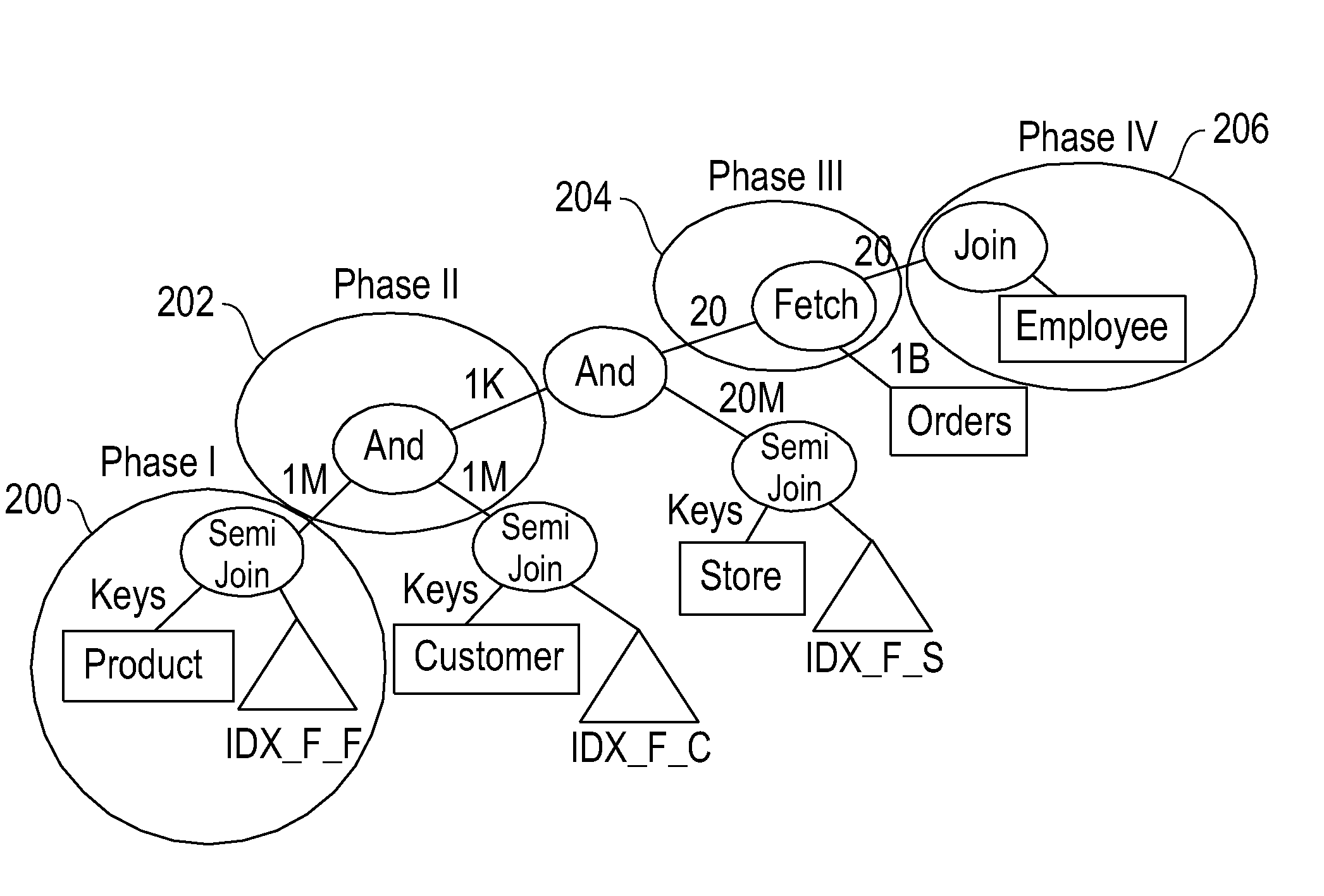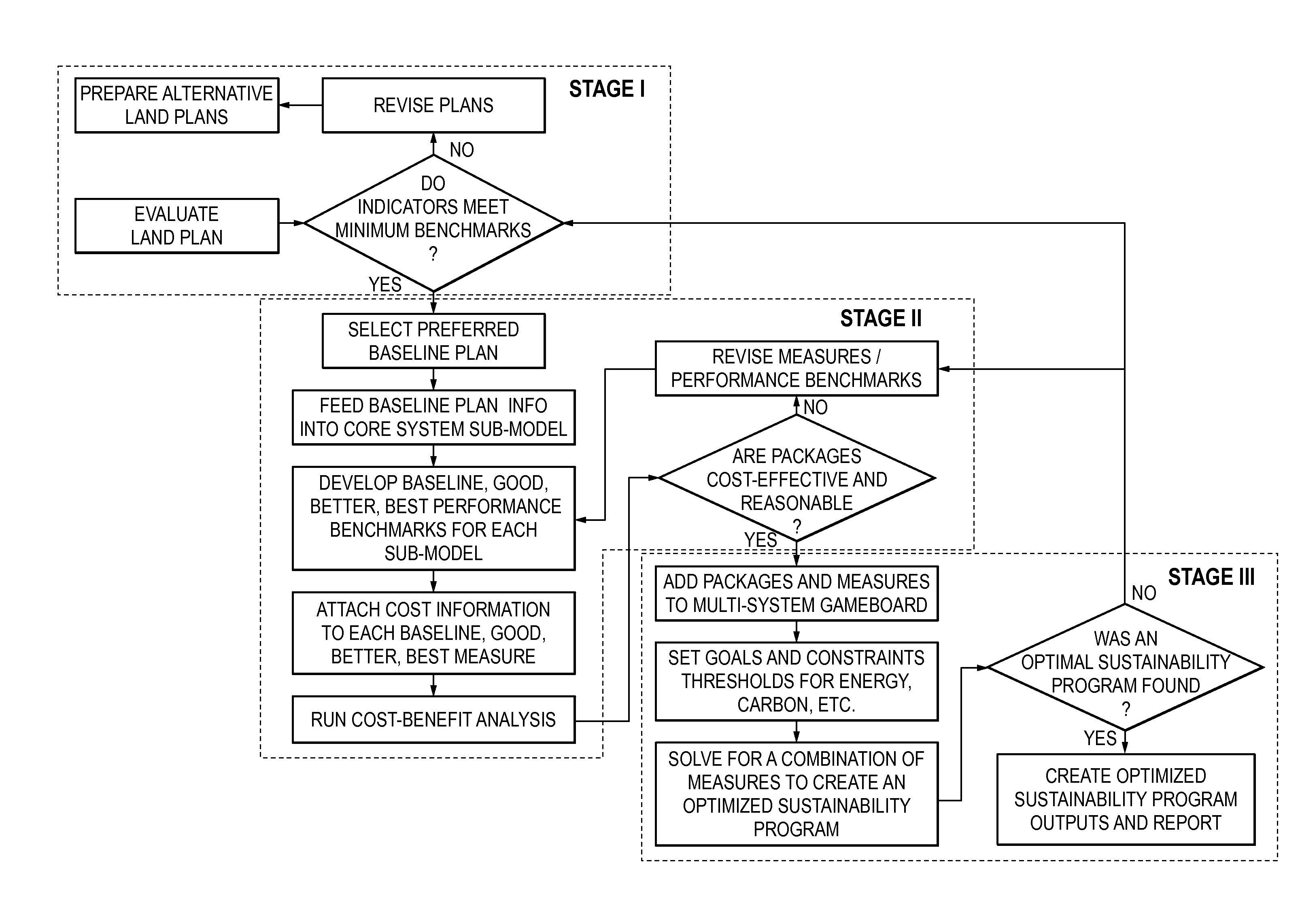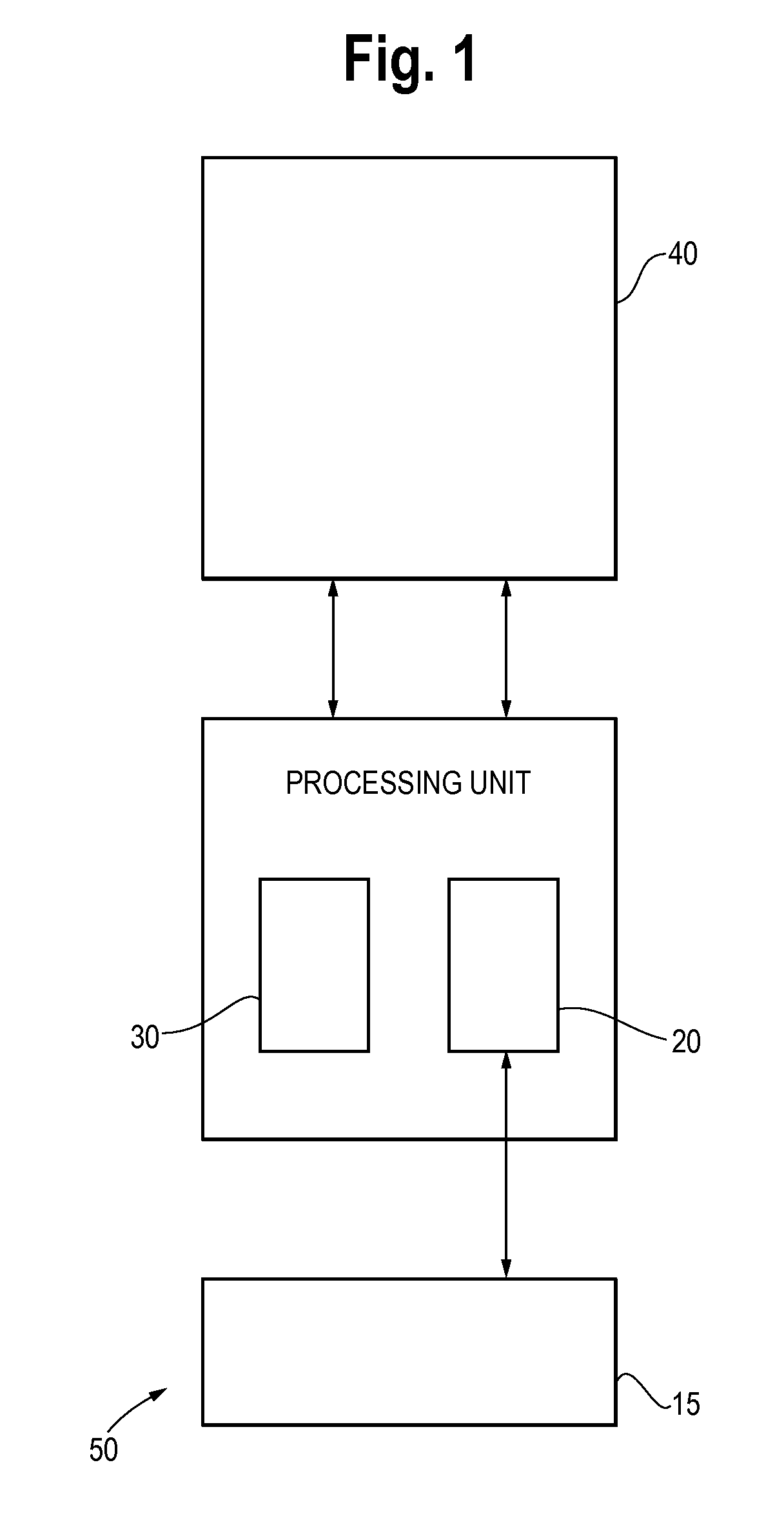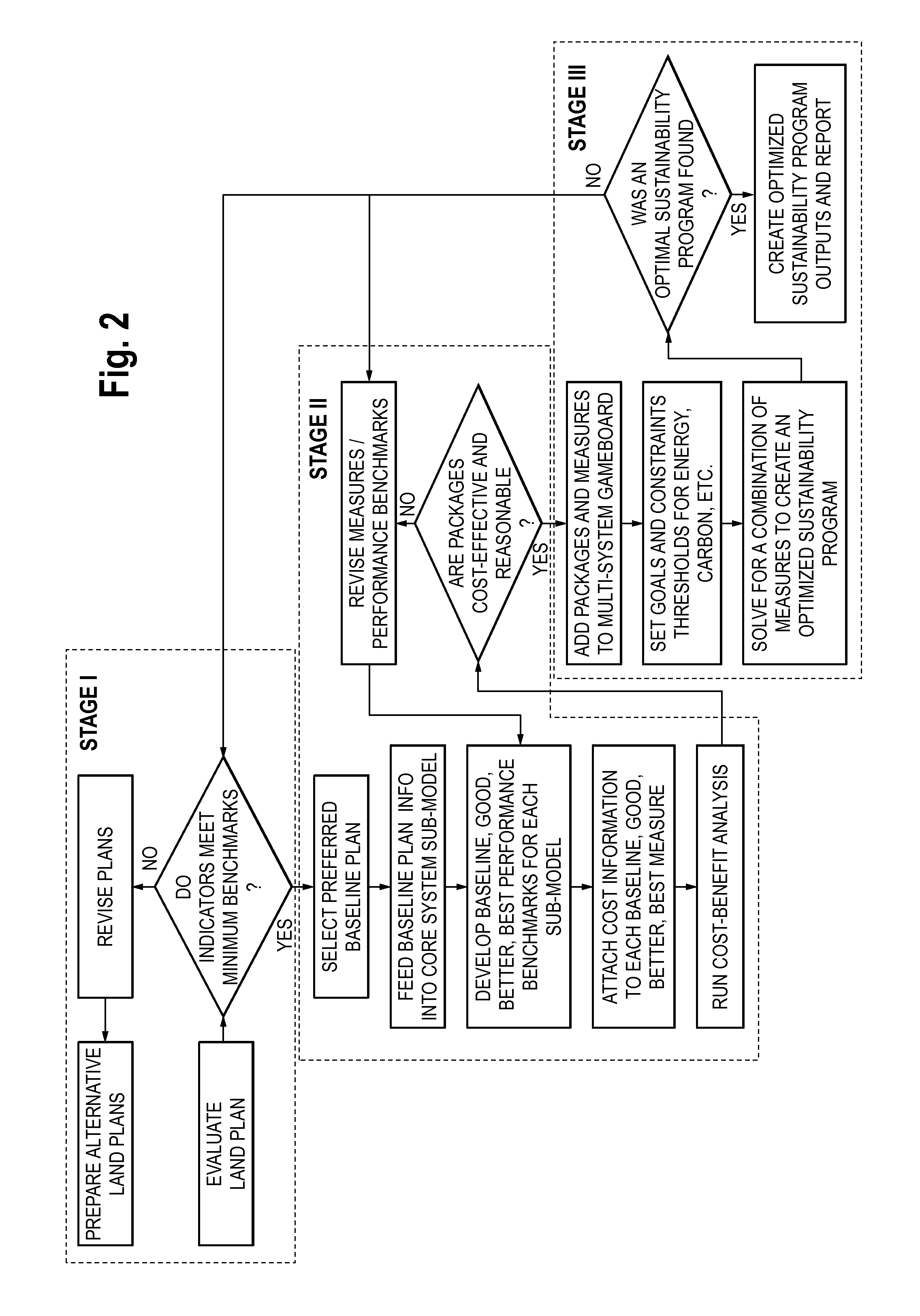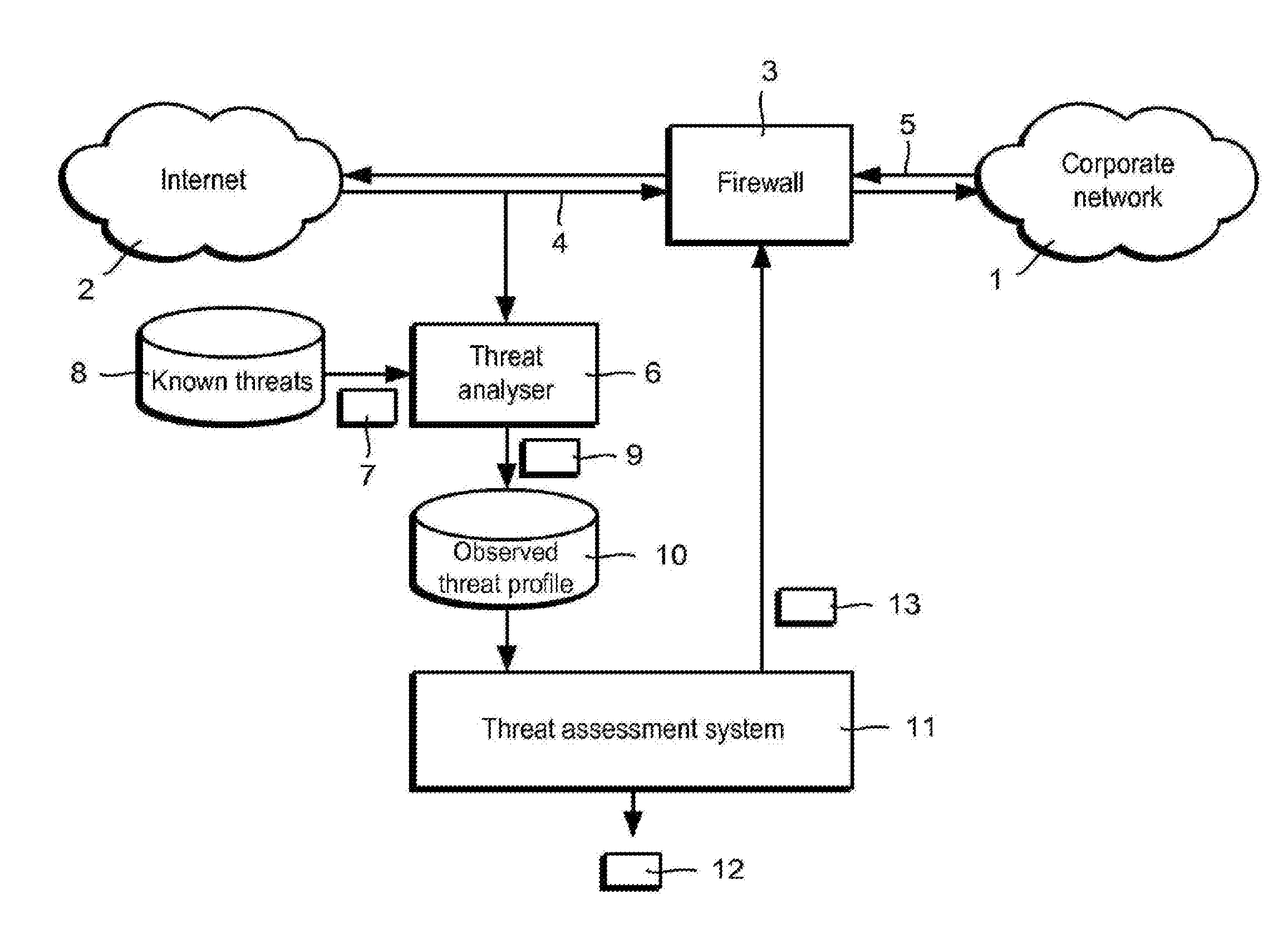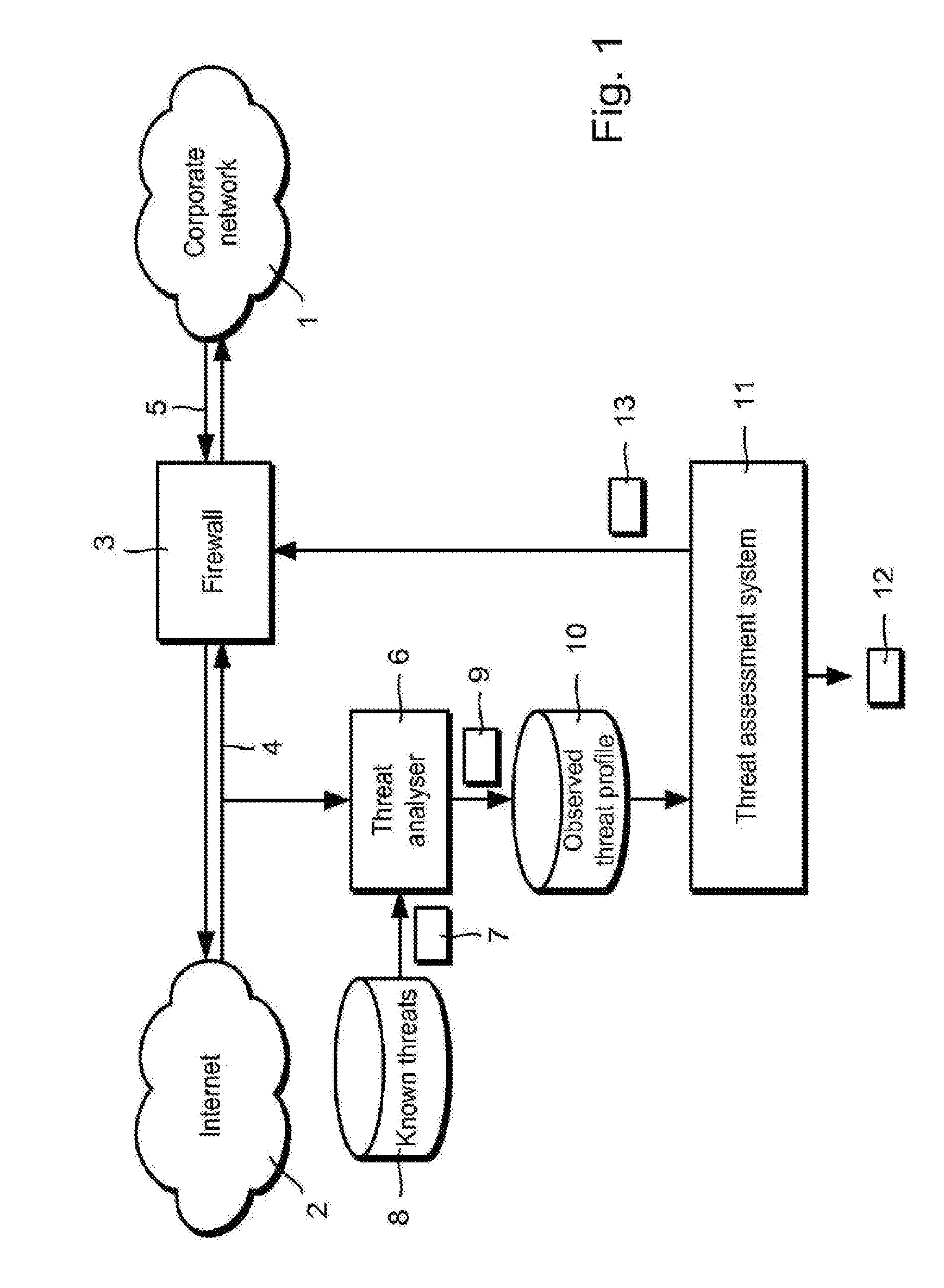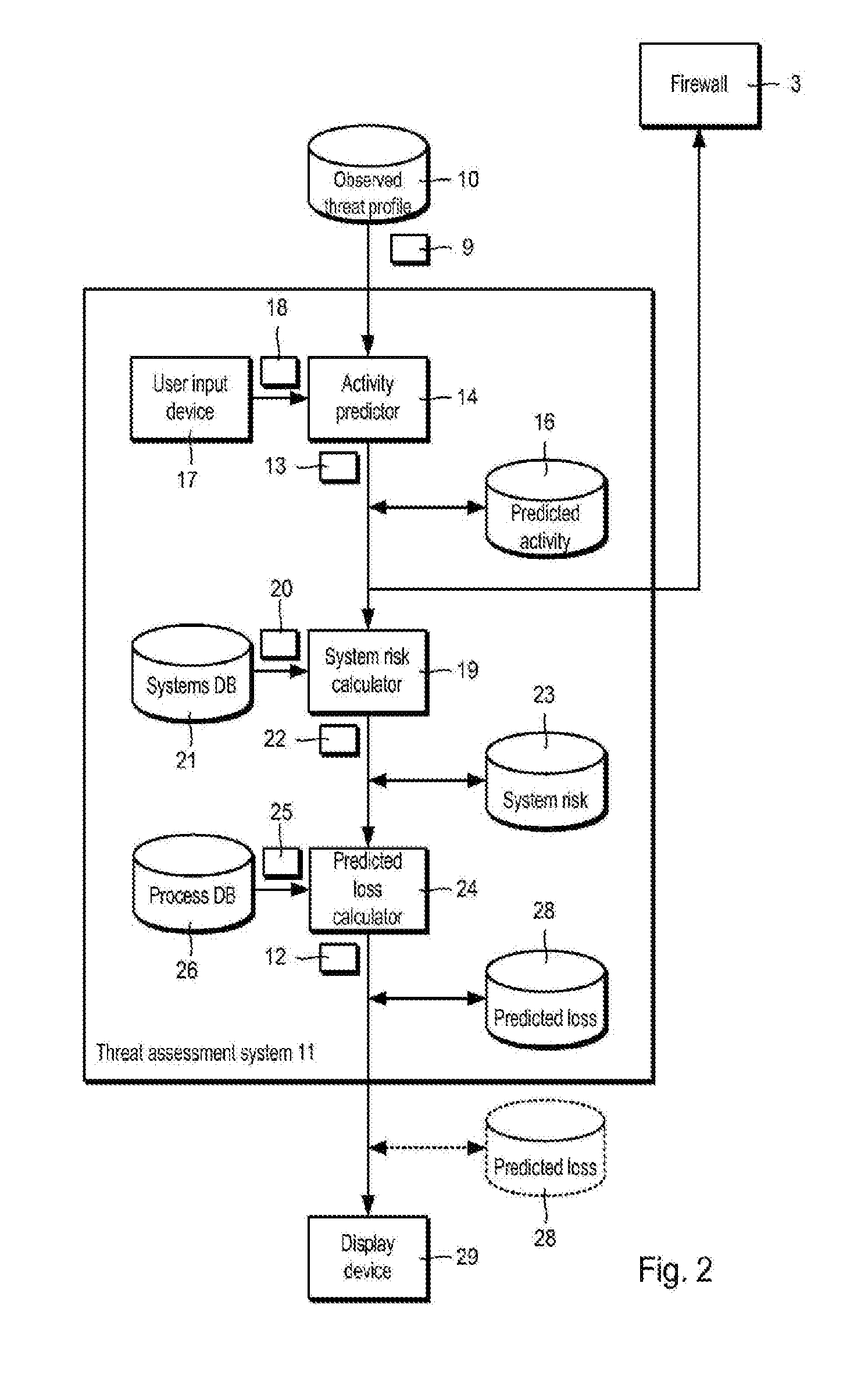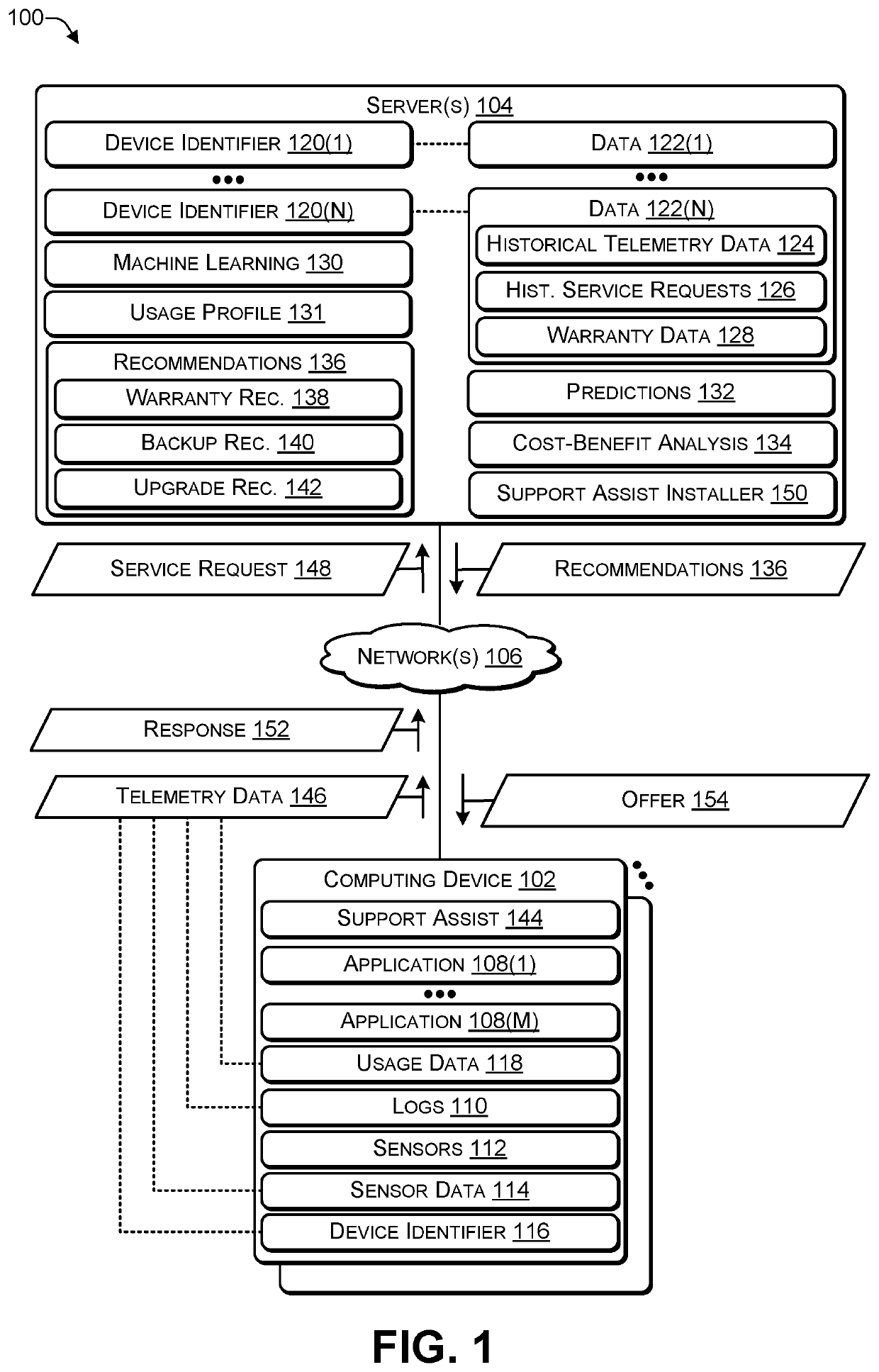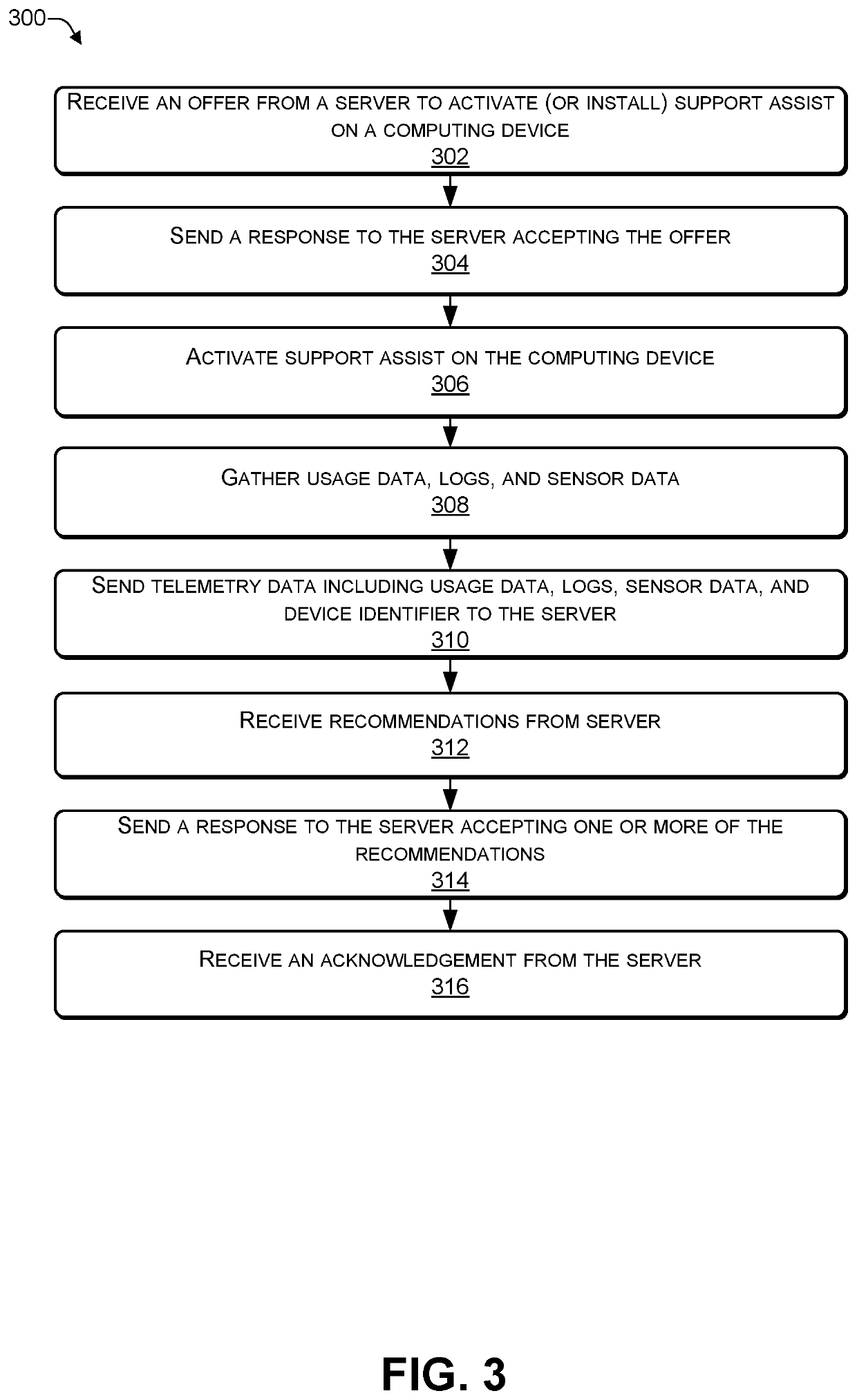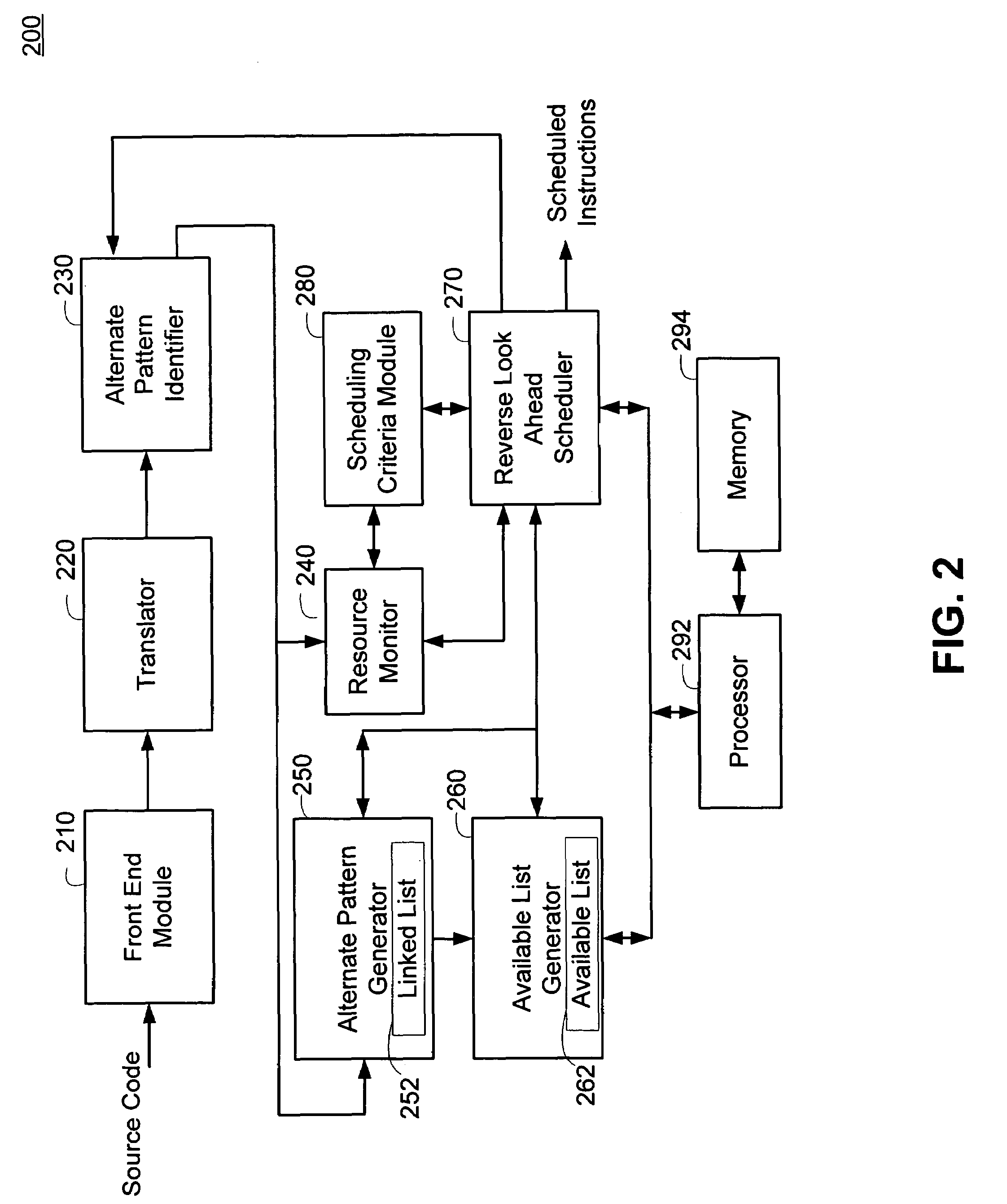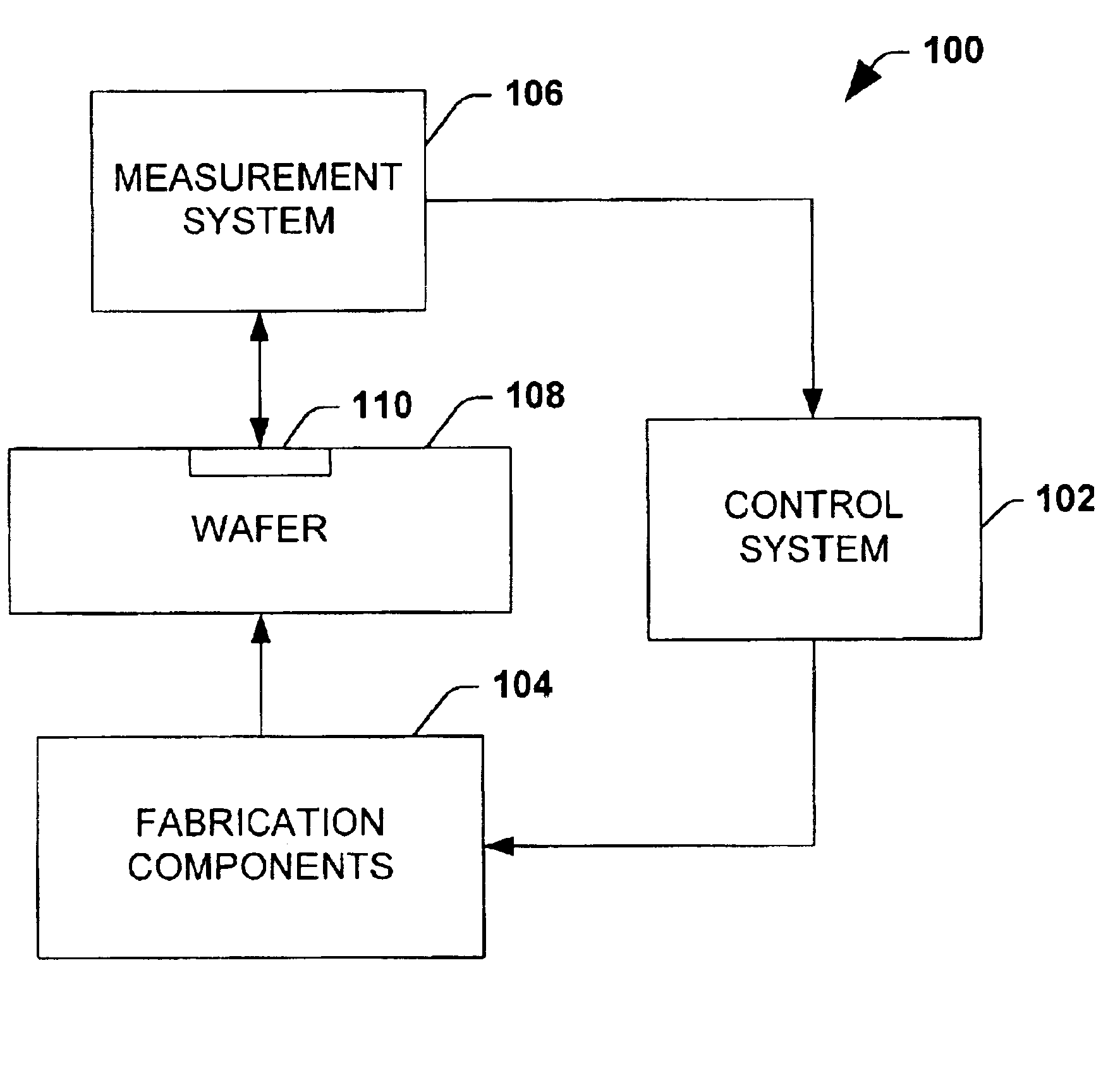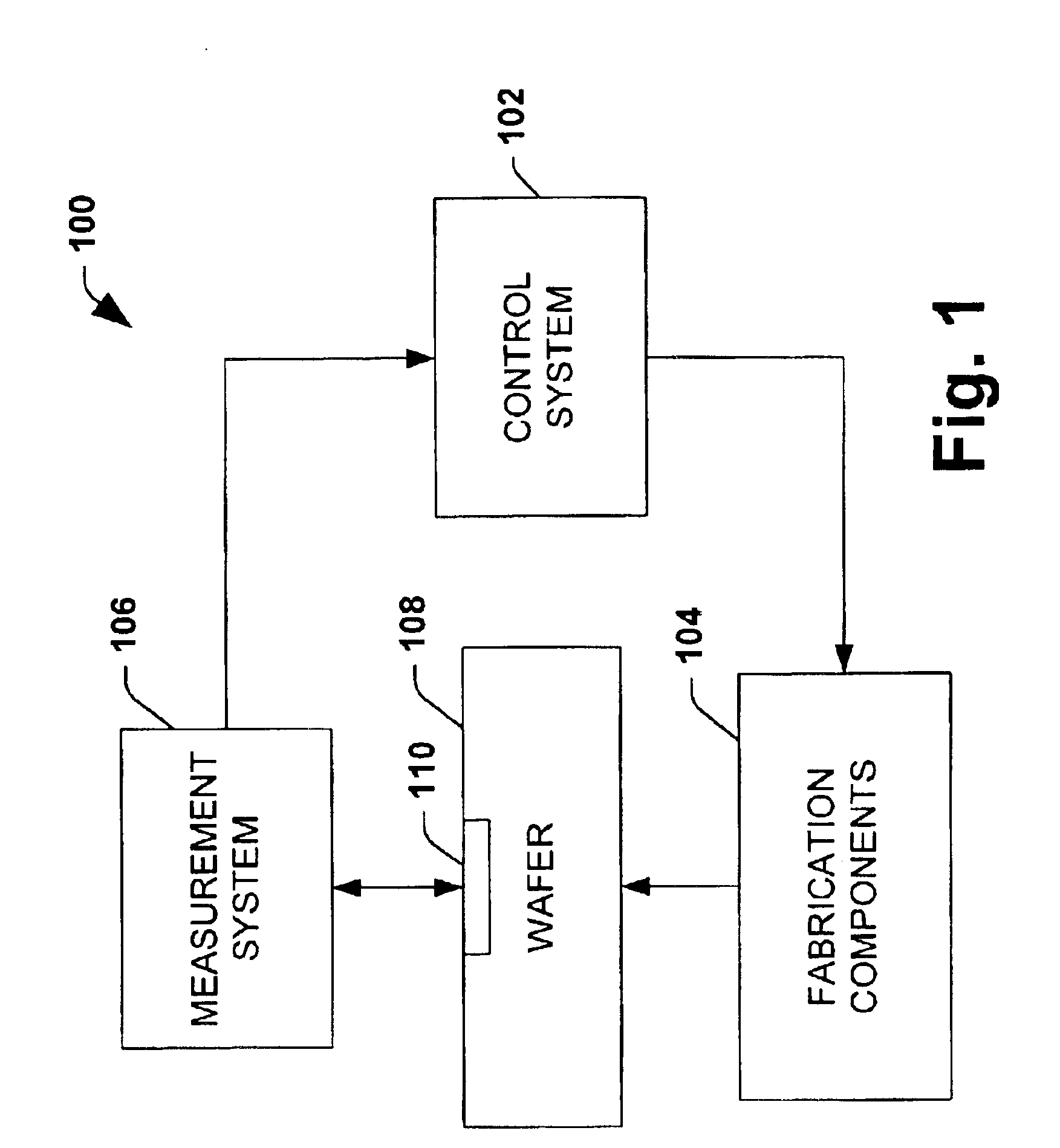Patents
Literature
Hiro is an intelligent assistant for R&D personnel, combined with Patent DNA, to facilitate innovative research.
75 results about "Cost–benefit analysis" patented technology
Efficacy Topic
Property
Owner
Technical Advancement
Application Domain
Technology Topic
Technology Field Word
Patent Country/Region
Patent Type
Patent Status
Application Year
Inventor
Cost–benefit analysis (CBA), sometimes called benefit costs analysis (BCA), is a systematic approach to estimating the strengths and weaknesses of alternatives used to determine options which provide the best approach to achieving benefits while preserving savings (for example, in transactions, activities, and functional business requirements). A CBA may be used to compare completed or potential courses of actions, or to estimate (or evaluate) the value against the cost of a decision, project, or policy. It is commonly used in commercial transactions, business or policy decisions (particularly public policy), and project investments.
Notification platform architecture
The present invention relates to a system (10) and methodology (170, 173, 180, 400, 600, 1000) to enable a variety of information associated with one or more notification sources (26-28) to be directed to one or more notification sinks (36-38) via a notification platform architecture (10). The architecture (10) includes a context analyzer (22) for determining a user's state such as location and attentional focus, wherein the user's state is employed by a notification manager (24) to make decisions regarding what, when and how information generated by the notification sources (26-28) should be forwarded to the notification sinks (36-38), for example. These decisions can include a cost benefit analysis wherein considerations are given as to whether the benefits of notifying the user are outweighed by the costs of disrupting the user. Decision-theoretic policies (177, 180) and / or somewhat less formal heuristic policies (177) can be employed to enable the decision-making process within the notification manager (24).
Owner:MICROSOFT TECH LICENSING LLC
Notification platform architecture
Owner:MICROSOFT TECH LICENSING LLC
Representation, decision models, and user interface for encoding managing preferences, and performing automated decision making about the timing and modalities of interpersonal communications
InactiveUS7330895B1Increase and decrease likelihoodIncreasing and decreasing effectInterconnection arrangementsSpecial service for subscribersPersonalizationDiagnostic Radiology Modality
The present invention relates to a system and methodology providing a user interface that can be employed by contactors and contactees in conjunction with a communications architecture for identifying and establishing an optimal communication based on preferences, capabilities, contexts and goals of the parties to engage in the communication. The user interface can include a graphical display having a plurality of display objects and associated input fields operable by one or more parties to a communication in order to facilitate convenient access, control, personalization and communications via the communications architecture. For example, configuration capabilities are provided in the user interface to enable operational adjustments to one or more operating parameters, communications groupings, policies and / or context preferences relating to a preferred modality of communication and to potential parties of communication between the contactors and contactees. User interface controls are also provided for defining deterministic policies and for encoding preferences for cost-benefit analyses.
Owner:MICROSOFT TECH LICENSING LLC
Designs, interfaces, and policies for systems that enhance communication and minimize disruption by encoding preferences and situations
InactiveUS20050084082A1Enhance interpersonal communicationValue maximizationSpecial service for subscribersDigital computer detailsCost benefitStatus changed
The present invention relates to utilizing identity and context-sensitive decision-making for handling communications, including, channel selection, routing, and rescheduling operations. The systems and methods provide a service that allows users to assess preferences regarding real-time call handling and performs dynamic decision-making about the best timing and channel for interpersonal communication. This service can be based on various cost-benefit analyses (e.g., basic and extended) that consider cost of interruption and preferences of contactors and contactees to guide communications, and / or on decision-making under uncertainty. Statistical models that are learned from data are joined with user preferences to generate expected costs of interruption for office activity and over time, based on a user's activities, locations, calendar information and preference assessments. In addition, statistical forecasting provides presence and availability predictions. The foregoing can provide an enhanced interpersonal communication system that can maximize the value and minimize the cost of communication among people.
Owner:MICROSOFT TECH LICENSING LLC
Cost-benefit approach to automatically composing answers to questions by extracting information from large unstructured corpora
InactiveUS20050033711A1Simple modelImprove predictive performanceData processing applicationsDigital data information retrievalProbit modelBenefit analysis
The present invention relates to a system and methodology to facilitate extraction of information from a large unstructured corpora such as from the World Wide Web and / or other unstructured sources. Information in the form of answers to questions can be automatically composed from such sources via probabilistic models and cost-benefit analyses to guide resource-intensive information-extraction procedures employed by a knowledge-based question answering system. The analyses can leverage predictions of the ultimate quality of answers generated by the system provided by Bayesian or other statistical models. Such predictions, when coupled with a utility model can provide the system with the ability to make decisions about the number of queries issued to a search engine (or engines), given the cost of queries and the expected value of query results in refining an ultimate answer. Given a preference model, information extraction actions can be taken with the highest expected utility. In this manner, the accuracy of answers to questions can be balanced with the cost of information extraction and analysis to compose the answers.
Owner:MICROSOFT TECH LICENSING LLC
Notification platform architecture
InactiveUS20070214228A1Well formedMultiple digital computer combinationsElectric digital data processingCost–benefit analysisData mining
The present invention relates to a system and methodology to enable a variety of information associated with one or more notification sources to be directed to one or more notification sinks via a notification platform architecture. The architecture includes a context analyzer for determining a user's state such as location and attentional focus, wherein the user's state is employed by a notification manager to make decisions regarding what, when and how information generated by the notification sources should be forwarded to the notification sinks, for example. These decisions can include a cost benefit analysis wherein considerations are given as to whether the benefits of notifying the user are outweighed by the costs of disrupting the user. Decision-theoretic policies and / or somewhat less formal heuristic policies can be employed to enable the decision-making process within the notification manager.
Owner:MICROSOFT TECH LICENSING LLC
Correlation and parallelism aware materialized view recommendation for heterogeneous, distributed database systems
InactiveUS20090177697A1Digital data information retrievalSpecial data processing applicationsCost–benefit analysisTheoretical computer science
A method is provided for generating a materialized view recommendation for at least one back-end server that is connected to a front-end server in a heterogeneous, distributed database system that comprises parsing a workload of federated queries to generate a plurality of query fragments; invoking a materialized view advisor on each back-end server with the plurality of query fragments to generate a set of candidate materialized views for each of the plurality of query fragments; identifying a first set of subsets corresponding to all nonempty subsets of the set of candidate materialized views for each of the plurality of query fragments; identifying a second set of subsets corresponding to all subsets of the first set of subsets that are sorted according to a dominance relationship based upon a resource time for the at least one back-end server to provide results to the front-end server for each of the first set of subsets; and performing a cost-benefit analysis of each of the second set of subsets to determine a recommended subset of materialized views that minimizes a total resource time for running the workload against the at least one back-end server.
Owner:IBM CORP
System and method for loading a cache with query results
InactiveUS6934699B1Data processing applicationsDigital data information retrievalQuery planCost–benefit analysis
A system and method for avoiding accessing a remote database twice, once during query execution and again to retrieve objects identified by the query, when an application requires objects on which to operate. During query plan generation in response to a request for database objects from an application, a query optimizer inserts cache operators into the candidate plans, and then a cost-benefit analysis is undertaken to identify the best plan. The best plan is then used to execute the query, with the cache operators causing objects identified during query execution to be cached locally to the requesting application as the query is being executed, thereby avoiding requiring the application to access the database after query execution.
Owner:IBM CORP
Notification platform architecture
InactiveUS20070288932A1Multiple digital computer combinationsKnowledge representationCost–benefit analysisData mining
The present invention relates to a system and methodology to enable a variety of information associated with one or more notification sources to be directed to one or more notification sinks via a notification platform architecture. The architecture includes a context analyzer for determining a user's state such as location and attentional focus, wherein the user's state is employed by a notification manager to make decisions regarding what, when and how information generated by the notification sources should be forwarded to the notification sinks, for example. These decisions can include a cost benefit analysis wherein considerations are given as to whether the benefits of notifying the user are outweighed by the costs of disrupting the user. Decision-theoretic policies and / or somewhat less formal heuristic policies can be employed to enable the decision-making process within the notification manager.
Owner:MICROSOFT TECH LICENSING LLC
Cost-benefit approach to automatically composing answers to questions by extracting information from large unstructured corpora
InactiveUS20060294037A1Simple processImprove search capabilitiesData processing applicationsDigital data information retrievalProbit modelCost effectiveness
Owner:MICROSOFT TECH LICENSING LLC
Harnessing predictive models of durations of channel availability for enhanced opportunistic allocation of radio spectrum
ActiveUS8254393B2Minimize disruptionMinimizing glitchError preventionFrequency-division multiplex detailsFrequency spectrumCost–benefit analysis
A proactive adaptive radio methodology for the opportunistic allocation of radio spectrum is described. The methods can be used to allocate radio spectrum resources by employing machine learning to learn models, via accruing data over time, that have the ability to predict the context-sensitive durations of the availability of channels. The predictive models are combined with decision-theoretic cost-benefit analyses to minimize disruptions of service or quality that can be associated with reactive allocation policies. Rather than reacting to losses of channel, the proactive policies seek switches in advance of the loss of a channel. Beyond determining durations of availability for one or more frequency bands statistical machine learning also be employed to generate price predictions in order to facilitate a sale or rental of the available frequencies, and these predictions can be employed in the switching analyses The methods can be employed in non-cooperating distributed models of allocation, in centralized allocation approaches, and in hybrid spectrum allocation scenarios.
Owner:MICROSOFT TECH LICENSING LLC
Harnessing predictive models of durations of channel availability for enhanced opportunistic allocation of radio spectrum
ActiveUS20090003201A1Minimizing glitchMinimize disruptionError preventionFrequency-division multiplex detailsFrequency spectrumCost–benefit analysis
A proactive adaptive radio methodology for the opportunistic allocation of radio spectrum is described. The methods can be used to allocate radio spectrum resources by employing machine learning to learn models, via accruing data over time, that have the ability to predict the context-sensitive durations of the availability of channels. The predictive models are combined with decision-theoretic cost-benefit analyses to minimize disruptions of service or quality that can be associated with reactive allocation policies. Rather than reacting to losses of channel, the proactive policies seek switches in advance of the loss of a channel. Beyond determining durations of availability for one or more frequency bands statistical machine learning also be employed to generate price predictions in order to facilitate a sale or rental of the available frequencies, and these predictions can be employed in the switching analyses The methods can be employed in non-cooperating distributed models of allocation, in centralized allocation approaches, and in hybrid spectrum allocation scenarios.
Owner:MICROSOFT TECH LICENSING LLC
Dynamic instruction sequence selection during scheduling
ActiveUS20070113223A1Software engineeringDigital computer detailsCost analysisSubstitution instruction
A list scheduler in a compiler can select from a plurality of alternative instruction sequences for one or more computation performed within an application. A scheduler can initially identify and track one or more computations for which multiple alternative instruction sequences exist. An available instruction list can be populated with the alternative instruction sequences. The list scheduler can access the available instruction list during scheduling of the application. The list scheduler can perform a cost analysis while scheduling the instructions by performing a look ahead. The list scheduler may select alternate instruction sequences for similar computations occurring in different portions of the application based on the cost benefit analysis.
Owner:NVIDIA CORP
Means for incorporating sustainability metrics and total cost benefit analysis in decision-making
InactiveUS20090222307A1Simplifying understanding and standardization and applicationDiminished attractivenessResourcesWater useCost–benefit analysis
Methods are disclosed for the simplification and integration of data from a diverse set of sources for environmental costs and societal benefit data. The methods allow for the computation of five basic metrics: material use, water use, energy use, toxics emitted, land use and overall pollutants emitted. Further, they facilitate the computation of complementary metrics, as well as the estimation of net present value of costs of unrealized environmental impacts.
Owner:BEAVER EARL R
Quality assurance scorecard for diagnostic medical agent administration
The present invention relates to a method and apparatus where pre-defined diagnostic medical agent administration data are prospectively collected and analyzed, in order to provide an objective contrast administration risk-benefit analysis, and provide an impartial analysis for pre-testing assessment, as well as optimization of examination, contrast selection and performance parameters. By storing this data in a standardized and centralized fashion, the data could in turn be used for clinical outcome analysis on a local, regional, and national level.
Owner:REINER BRUCE
Representation, decision models, and user interface for encoding managing preferences, and performing automated decision making about the timing and modalities of interpersonal communications
InactiveUS20080104517A1Promote reasonableFacilitate communicationInterconnection arrangementsSpecial service for subscribersDiagnostic Radiology ModalityGraphics
The present invention relates to a system and methodology providing a user interface that can be employed by contactors and contactees in conjunction with a communications architecture for identifying and establishing an optimal communication based on preferences, capabilities, contexts and goals of the parties to engage in the communication. The user interface can include a graphical display having a plurality of display objects and associated input fields operable by one or more parties to a communication in order to facilitate convenient access, control, personalization and communications via the communications architecture. For example, configuration capabilities are provided in the user interface to enable operational adjustments to one or more operating parameters, communications groupings, policies and / or context preferences relating to a preferred modality of communication and to potential parties of communication between the contactors and contactees. User interface controls are also provided for defining deterministic policies and for encoding preferences for cost-benefit analyses.
Owner:MICROSOFT TECH LICENSING LLC
System and method for cost-benefit analysis for treatment of cancer
InactiveUS20100125462A1Efficient and effectiveEasy to integrateMechanical/radiation/invasive therapiesDrug and medicationsDiseaseBenefit analysis
A system and method for providing cost-benefit analysis for treatment of a chronic disease such as cancer. The system enables a user to provide input parameters related to a patient, and performs statistical and computational analysis of case histories of other patients and retrospective data related to one or more disease treatment protocols to generate a set of output parameters (potential outcome of the treatment protocols) along with their statistical significance and probability. In addition, the system estimates the cost associated with the treatment protocols using cost related information available for tests, procedures, surgeries, etc., to be performed in a treatment protocol. The average cost and the set of output parameters are displayed to the user which helps in performing the cost-benefit analysis.
Owner:ADEETI AGGARWAL
Electronic method for determining procurement business strategy
InactiveUS20030139970A1Buying/selling/leasing transactionsSpecial data processing applicationsCost effectivenessCost–benefit analysis
A method and structure for selecting from a plurality of communication arrangements is performed by inputting a first party's ability to communicate with a second party. The invention evaluates the communication arrangement based on the first party's ability to communicate and repeats the evaluating process for a different communication arrangement if the first party's ability does not match a communication arrangement previously evaluated. The invention performs a cost-benefit analysis with respect to a communication arrangement matching the first party's ability and implements a communication arrangement when the first party's ability matches a communication arrangement. The cost-benefit shows whether the communication arrangement is justified.
Owner:IBM CORP
Employee Value-Retention Risk Calculator
During an analysis technique, organization data for an organization (such as a company) and / or external data are used to calculate a performance metric and to determine retention risk for an employee. For example, the performance metric may be calculated based on revenue or productivity, and the retention risk may be determined based on an unemployment rate in a region that includes the organization or hiring trends in the region. The calculated performance metric and the determined retention risk are provided to the organization. In addition, a retention suggestion and an associated cost-benefit analysis are provided for the employee. This information may allow the organization to manage its employees, and to effectively apply limited resources to reduce retention expense and while increasing the likelihood of retaining employees.
Owner:EVOLV INC
Cost benefit analysis method of renewable energy source distributed generation operation mode
InactiveCN102800032AEasy to operateHigh engineering application valueData processing applicationsSystems intergating technologiesDemarcation pointCost–benefit analysis
The invention relates to a cost benefit analysis method of a renewable energy source distributed generation operation mode. The method comprises the following steps: determining all operation modes of the renewable energy source distributed generation; performing match analysis on the distributed contribution and a load curve, and determining different types of electric quantity; determining property right demarcation points, boundary conditions and calculation parameters of the distributed generation under different operation modes; determining the expense composition and income composition of the distributed generation in the whole life cycle under different operation modes; determining the total expense present value, annual average expense present value, total income present value and annual average income present value of the distributed generation in the whole life cycle under different operation modes; determining the benefit / cost value PI of the distributed generation in the whole life cycle under different operation modes; and selecting the scheme with the greatest benefit / cost value, and determining the optimal operation mode of the distributed generation. The method provided by the invention lays a firm theoretical foundation for making supporting policies for the renewable energy source distributed generation and distribution network.
Owner:CHINA ELECTRIC POWER RES INST +1
Wind power integrated power system spinning reserve optimizing method taking wind power overflow into consideration
ActiveCN104701890AOptimizing Spinning Reserve CapacityReduce spare capacitySingle network parallel feeding arrangementsWind energy generationElectricityCost–benefit analysis
The invention discloses a wind power integrated power system spinning reserve optimizing method taking wind power overflow into consideration. The wind power integrated power system spinning reserve optimizing method taking wind power overflow into consideration comprises integrating a system uncertainty risk analyzing method and a cost-benefit analyzing method under multi-scenario probability to establish a unit commitment model taking wind power overflow into consideration, by improving a multi-scenario probability-based risk analyzing method capable of simultaneously taking load, wind power predication uncertainty and unit forced outage into consideration, can take the wind power overflow into consideration when computing system load loss risks, and by calculating the target of routine unit generation cost and minimum expected outage cost through cost-benefit analysis, obtains optimized spinning reserve capacity. The wind power integrated power system spinning reserve optimizing method takes wind power overflow into consideration and accordingly can comprehensively take system operation economical benefits into consideration during determining of system spinning reserve to achieve low operation cost.
Owner:NANJING UNIV OF SCI & TECH
Adaptive lazy merging
InactiveUS20090292714A1Digital data information retrievalSpecial data processing applicationsCost–benefit analysisData mining
A query processing method intersects two or more unsorted lists based on a conjunction of predicates. Each list comprises a union of multiple sorted segments. The method performs lazy segment merging and an adaptive n-ary intersecting process. The lazy segment merging comprises starting with each list being a union of completely unmerged segments, such that lookups into a given list involve separate lookups into each segment of the given list. The method intersects the lists according to the predicates while performing the lazy segment merging, such that the lazy segment merging reads in only those portions of each segment that are needed for the intersecting. As the intersecting proceeds and the lookups are performed, the intersecting selectively merges the segments together, based on a cost-benefit analysis of the cost of merging compared to the benefit produced by reducing a number of lookups.
Owner:IBM CORP
Computer implemented system and method for providing an optimized sustainable land use plan
Briefly, in accordance with one embodiment of the invention, the computer implemented method evaluates the sustainability of land development plan. The computer implemented method applies sustainability data to the land planning and engineering design elements of a land development plan to generate sustainability measures. These sustainability measures may include environmental impacts such as carbon footprints, energy consumption, and increased storm water runoff. In addition, the computer implemented method estimates the costs involved in investing in sustainable land development and construction, provides a cost benefit analysis, compares the sustainability of numerous land development plans, and calculates the near and long term effects of sustainable land development on a land site. This real time analysis will allow developers, municipalities, and residents to quantify land planning decisions without expending significant time and money in a cumbersome land planning process.
Owner:SRIVASTAVA AVINASH +1
Power distribution network energy storage system configuration method based on active management and cost-benefit analysis
ActiveCN105958519AAc network load balancingPhotovoltaic energy generationDistribution power systemCharge discharge
The invention relates to a power distribution network energy storage system configuration method based on active management and cost-benefit analysis, and the method comprises the following steps: S1, an active management system is established for actively managing a power distribution network, and a cost-benefit analysis system is also established and comprises an energy storage configuration model; S2, a power distribution system module reads time series data of annual load and photovoltaic power generation output, records a real-time SVR / OLTC running state and transmits to the cost-benefit analysis system and an EMS control module; S3, the EMS module compares the present voltage level data with a set voltage index and transmits charge-discharge power information to an energy storage system module to control the present voltage level in a normal range; and S4, the cost-benefit analysis system performs cost-benefit calculation on the energy storage system and optimizes the energy storage capacity configuration. According to the invention, the power distribution network active management system is established to perform the active management of the power distribution network; and the energy storage cost-benefit analysis system can accurately describe the energy storage configuration model.
Owner:STATE GRID FUJIAN ELECTRIC POWER CO LTD +3
Adaptive enterprise service bus (ESB) runtime system and method
InactiveUS20100080148A1Interprogram communicationHardware monitoringCost–benefit analysisSelf adaptive
Disclosed are embodiments of an adaptive enterprise service bus (ESB) runtime system and an associated method, which build, at a restart, only the most advantageous path configuration between composable units (e.g., between applications and / or between primitives within a single application). Specifically, during the execution of instantiations of modeled paths and branches thereof, metrics (e.g., the number of times each flow and each branch are activated, the CPU usage associated with building each flow and each branch, etc.) are collected. Then, at a restart of the runtime system, a cost-benefit analysis is performed on the collected metrics and, based on the results of this cost-benefit analysis, only selected ones of the paths and the branches thereof are built (e.g., paths and branches for which operational usefulness outweighs building costs). Other paths and branches are built only as required, during running of the runtime system.
Owner:IBM CORP
Apparatus and method for assessing financial loss from cyber threats capable of affecting at least one computer network
Apparatus and method for assessing financial loss posed by cyber threats capable of affecting at least one computer network in which a plurality of systems operate based on statistical modelling of cyber threat events to determine predicted threat activity, to determine expected downtime of each system in dependence upon said predicted cyber threat activity, to determine financial loss for each of a plurality of operational processes dependent upon the downtimes of the systems, to add financial losses for the plurality of processes so as to obtain a combined financial loss arising from the cyber threat activity, to determine pricing of insurance, to determine cost benefit analysis of computer network security upgrades.
Owner:KING WILSON PHILLIP
Using machine learning to predict a usage profile and recommendations associated with a computing device
ActiveUS20210398187A1Buying/selling/leasing transactionsMachine learningCost–benefit analysisBenefit analysis
In some examples, a server may receive usage data from a computing device, determine a usage profile of the computing device, and determine that a component of the computing device is predicted to fail and at what time. If the time is within a warranty period of a current warranty, then the server may recommend purchasing an upgraded warranty and provide a cost-benefit analysis of purchasing the upgraded warranty. If the time is outside the warranty period, then the server may recommend purchasing an extended warranty and provide a cost-benefit analysis of purchasing the extended warranty. The server may use the usage data to make a recommendation to upgrade one or more components (e.g., memory, disk drive, network card, or the like) of the computing device. The server may use the usage data to make a recommendation to upgrade from the computing device to a different computing device.
Owner:DELL PROD LP
Adaptive lazy merging
InactiveUS8676865B2Digital data information retrievalDigital data processing detailsCost–benefit analysisData mining
A query processing method intersects two or more unsorted lists based on a conjunction of predicates. Each list comprises a union of multiple sorted segments. The method performs lazy segment merging and an adaptive n-ary intersecting process. The lazy segment merging comprises starting with each list being a union of completely unmerged segments, such that lookups into a given list involve separate lookups into each segment of the given list. The method intersects the lists according to the predicates while performing the lazy segment merging, such that the lazy segment merging reads in only those portions of each segment that are needed for the intersecting. As the intersecting proceeds and the lookups are performed, the intersecting selectively merges the segments together, based on a cost-benefit analysis of the cost of merging compared to the benefit produced by reducing a number of lookups.
Owner:IBM CORP
Dynamic instruction sequence selection during scheduling
A list scheduler in a compiler can select from a plurality of alternative instruction sequences for one or more computation performed within an application. A scheduler can initially identify and track one or more computations for which multiple alternative instruction sequences exist. An available instruction list can be populated with the alternative instruction sequences. The list scheduler can access the available instruction list during scheduling of the application. The list scheduler can perform a cost analysis while scheduling the instructions by performing a look ahead. The list scheduler may select alternate instruction sequences for similar computations occurring in different portions of the application based on the cost benefit analysis.
Owner:NVIDIA CORP
Using scatterometry to obtain measurements of in circuit structures
InactiveUS6912438B2Mitigates sacrificing valuable chip real estateSemiconductor/solid-state device testing/measurementElectric discharge tubesGratingCost–benefit analysis
A system and methodology are disclosed for monitoring and controlling a semiconductor fabrication process. Measurements are taken in accordance with scatterometry based techniques of repeating in circuit structures that evolve on a wafer as the wafer undergoes the fabrication process. The measurements can be employed to generate feed forward and / or feedback control data that can utilized to selectively adjust one or more fabrication components and / or operating parameters associated therewith to adapt the fabrication process. Additionally, the measurements can be employed in determining whether to discard the wafer or portions thereof based on a cost benefit analysis, for example. Directly measuring in circuit structures mitigates sacrificing valuable chip real estate as test grating structures may not need to be formed within the wafer, and also facilitates control over the elements that actually affect resulting chip performance.
Owner:GLOBALFOUNDRIES INC
Features
- R&D
- Intellectual Property
- Life Sciences
- Materials
- Tech Scout
Why Patsnap Eureka
- Unparalleled Data Quality
- Higher Quality Content
- 60% Fewer Hallucinations
Social media
Patsnap Eureka Blog
Learn More Browse by: Latest US Patents, China's latest patents, Technical Efficacy Thesaurus, Application Domain, Technology Topic, Popular Technical Reports.
© 2025 PatSnap. All rights reserved.Legal|Privacy policy|Modern Slavery Act Transparency Statement|Sitemap|About US| Contact US: help@patsnap.com


